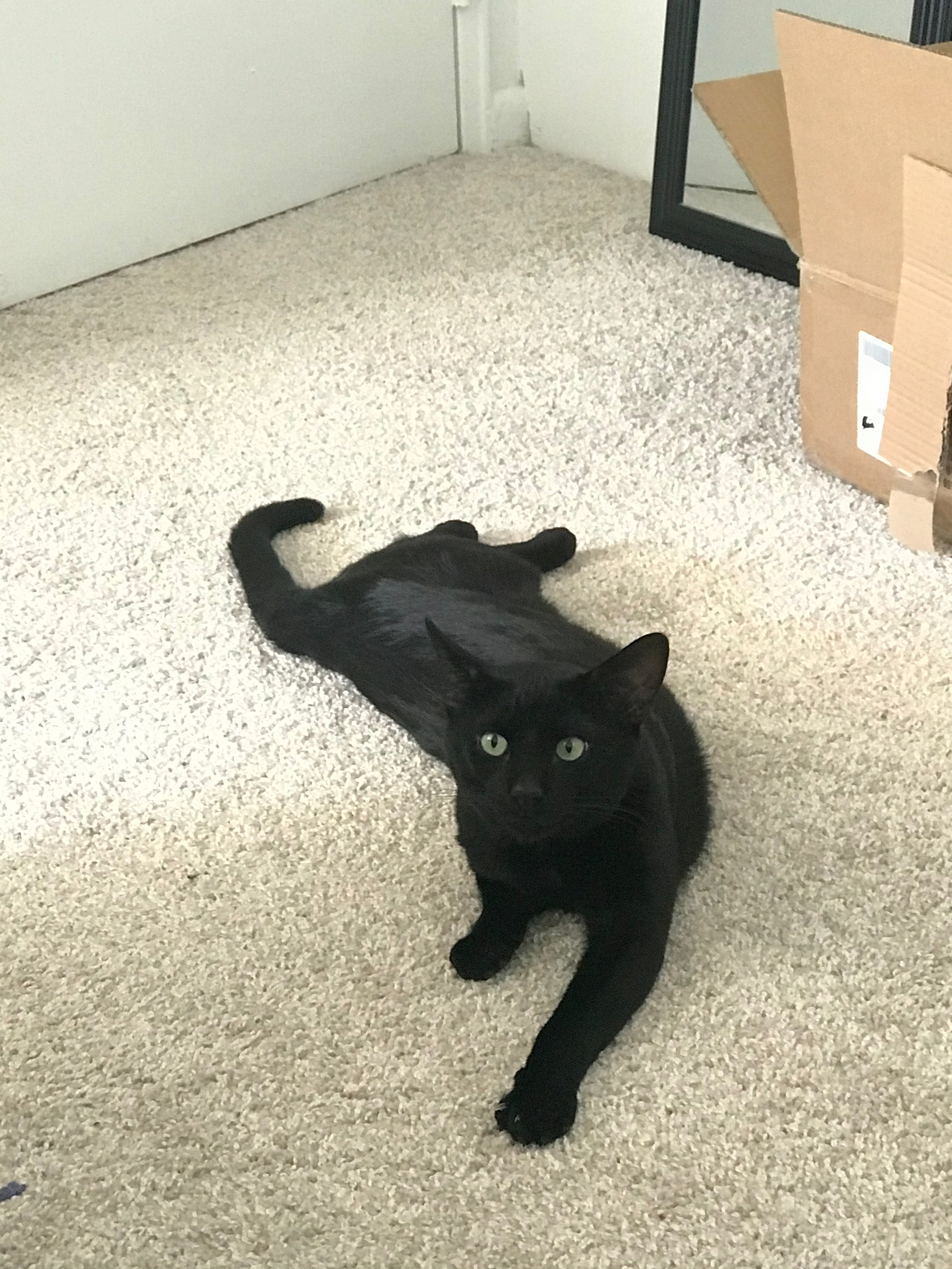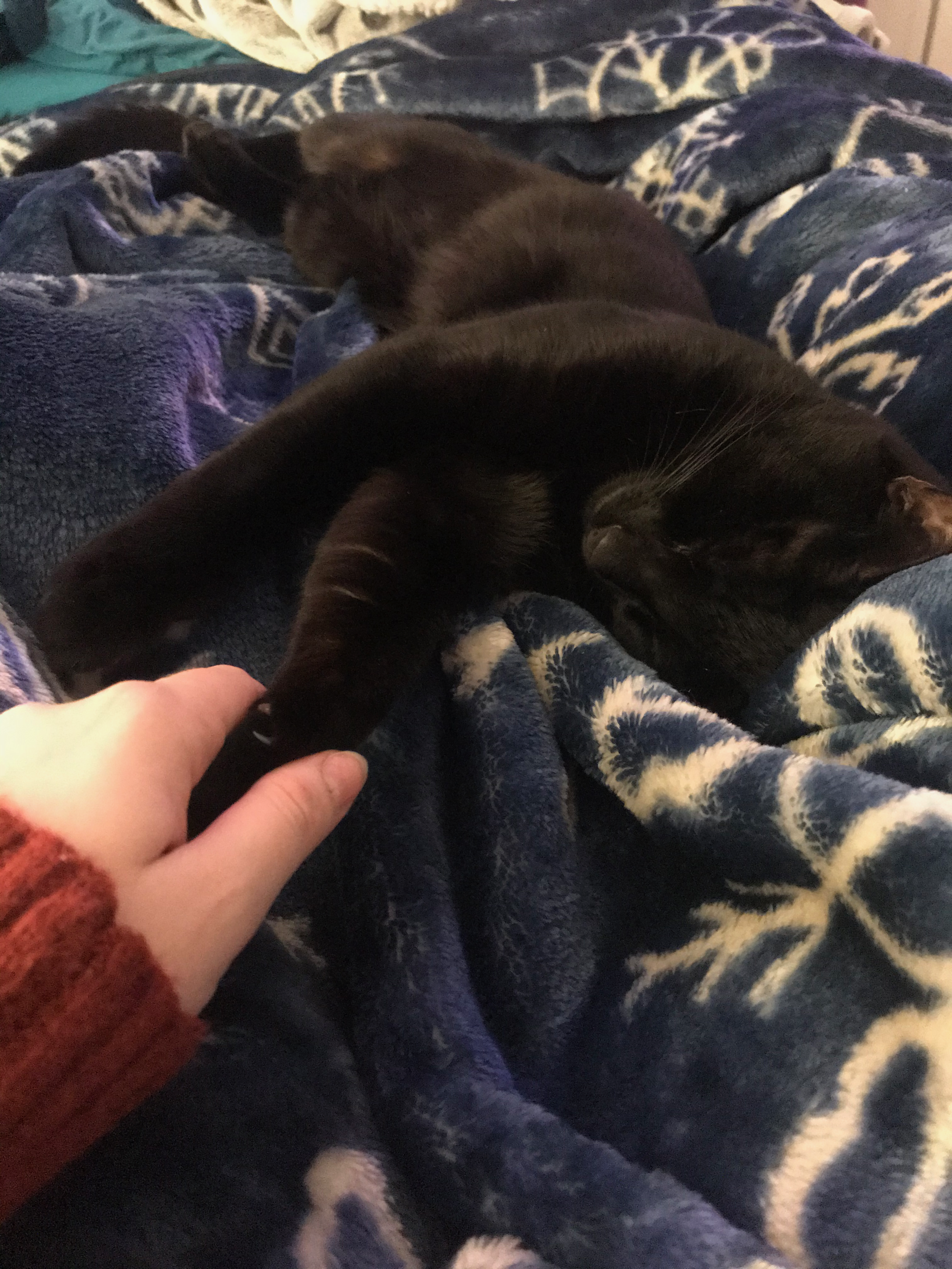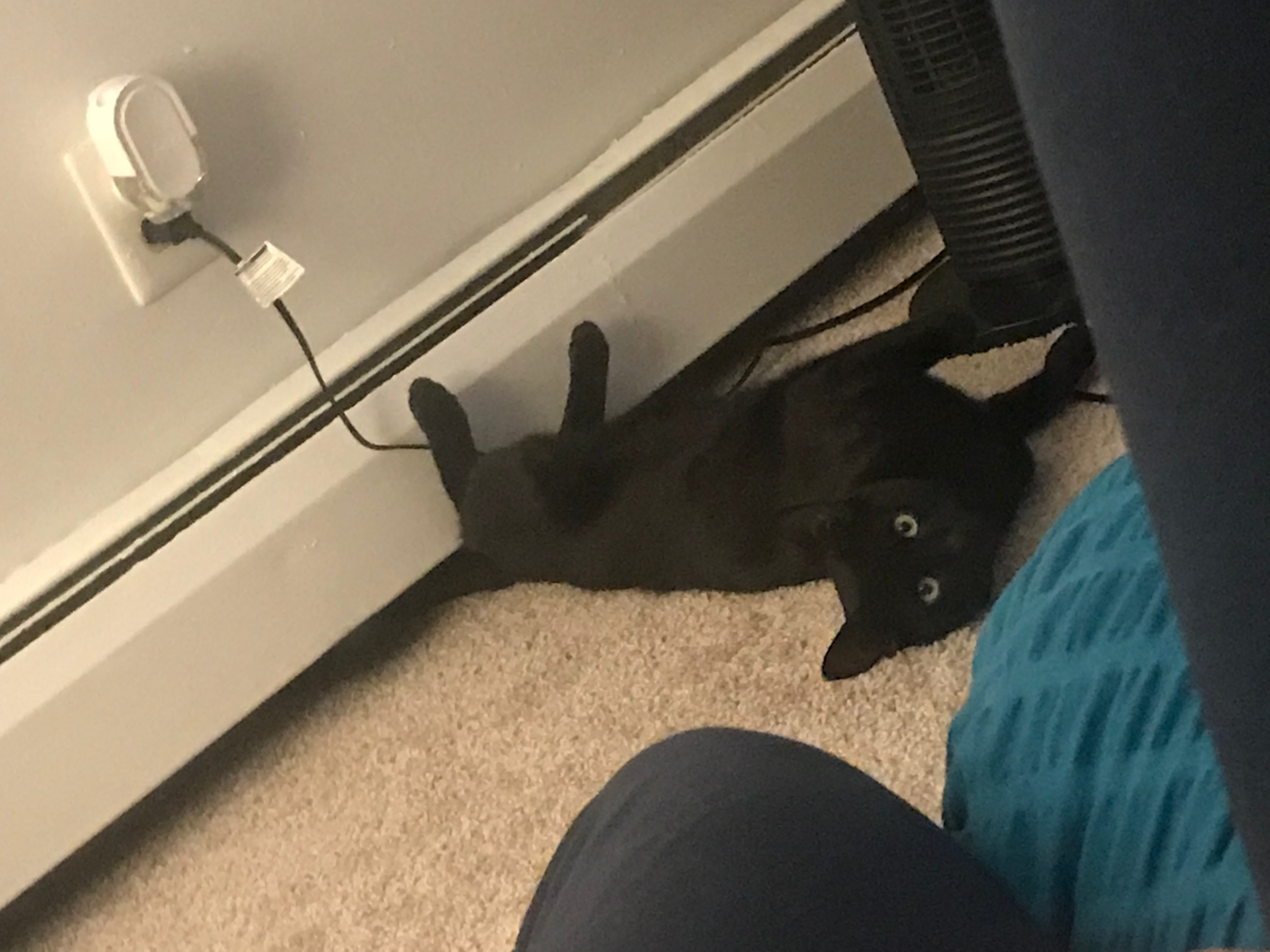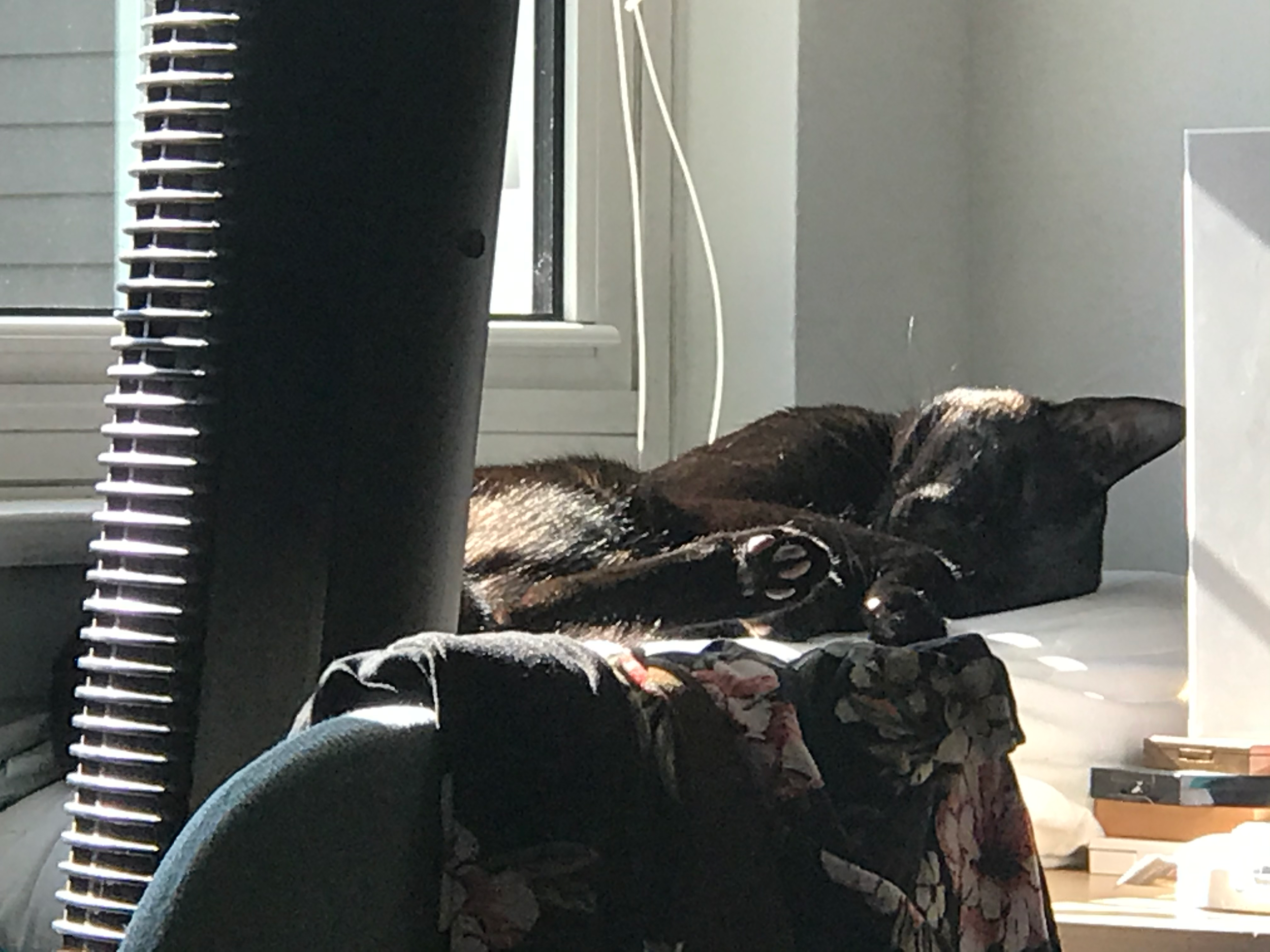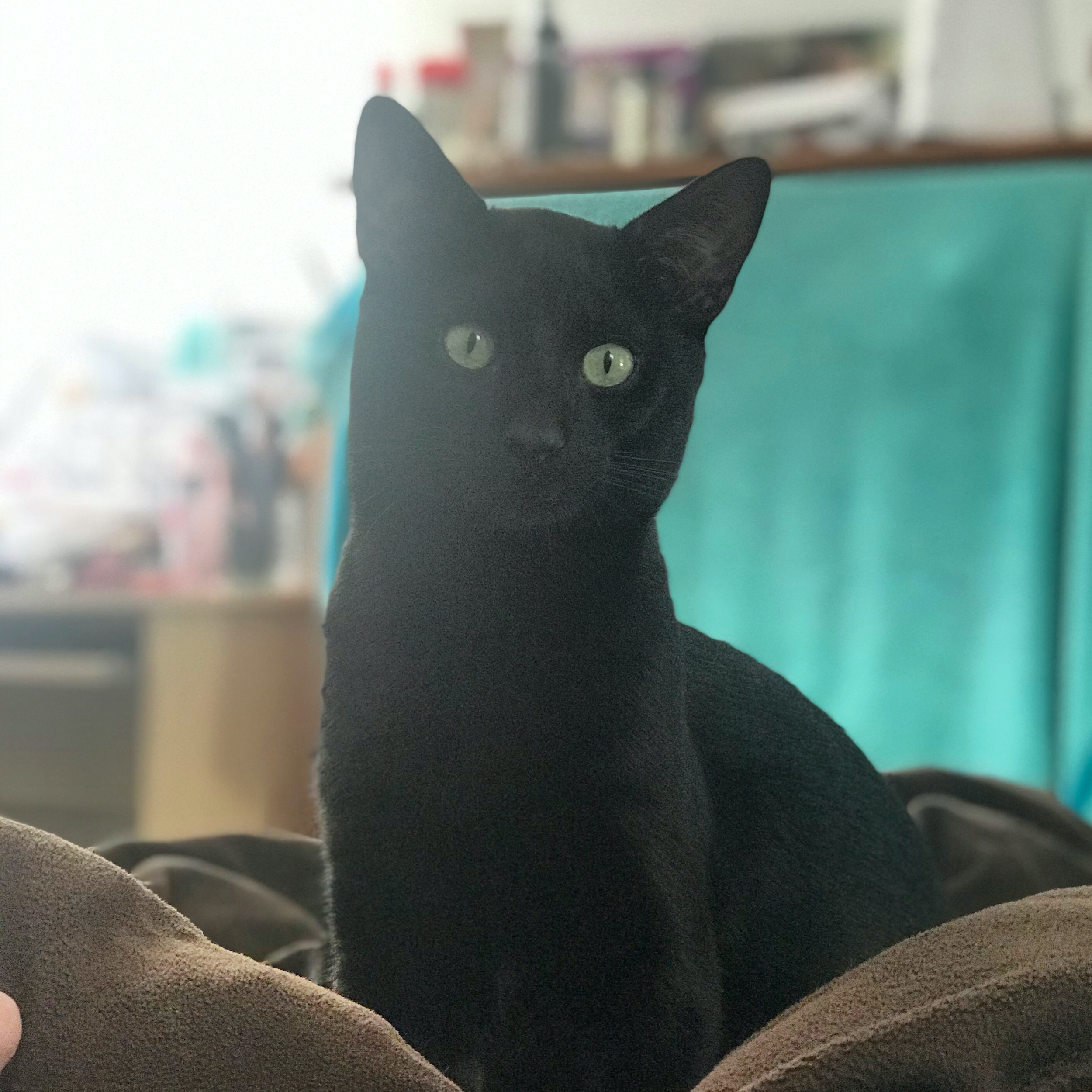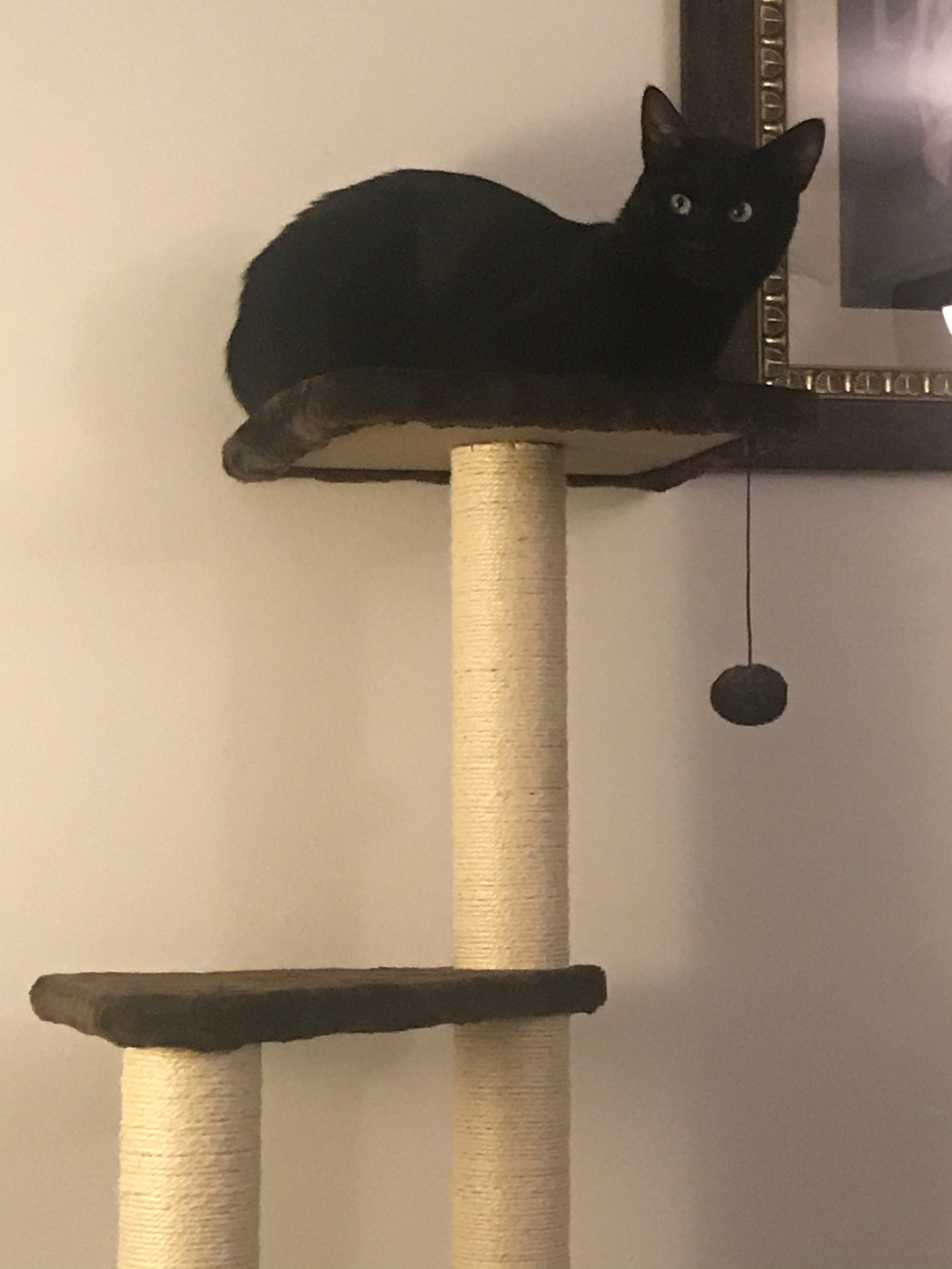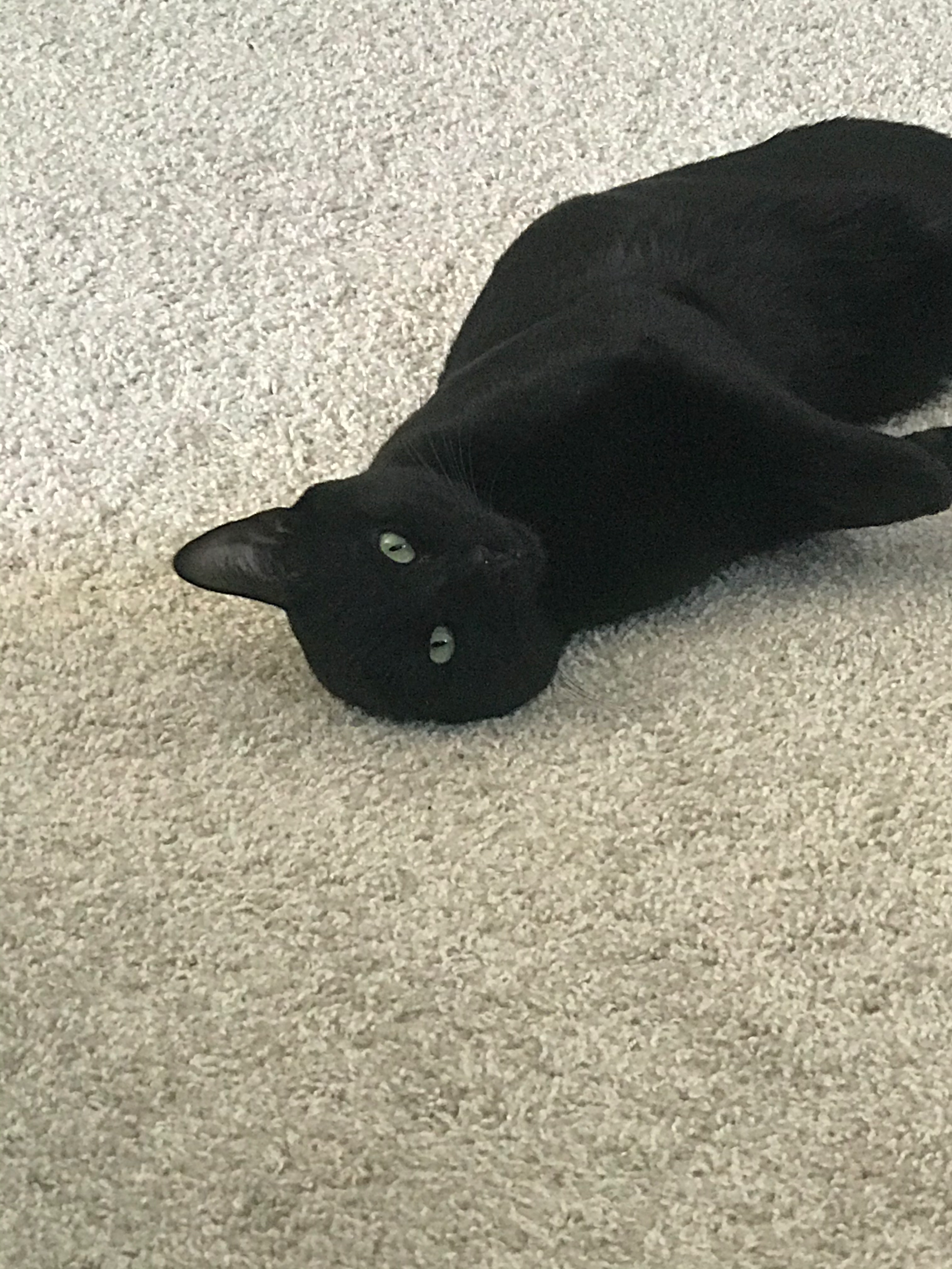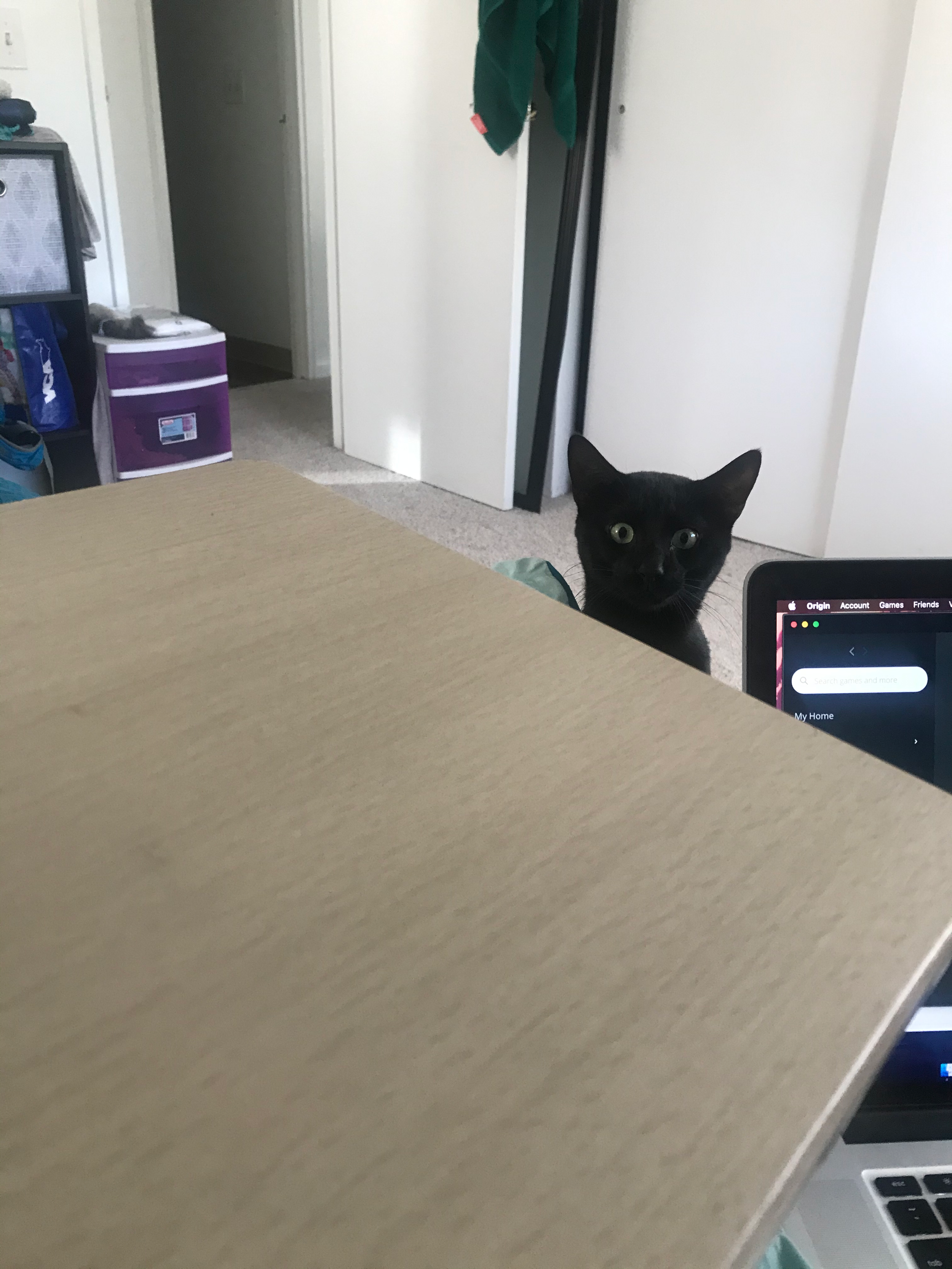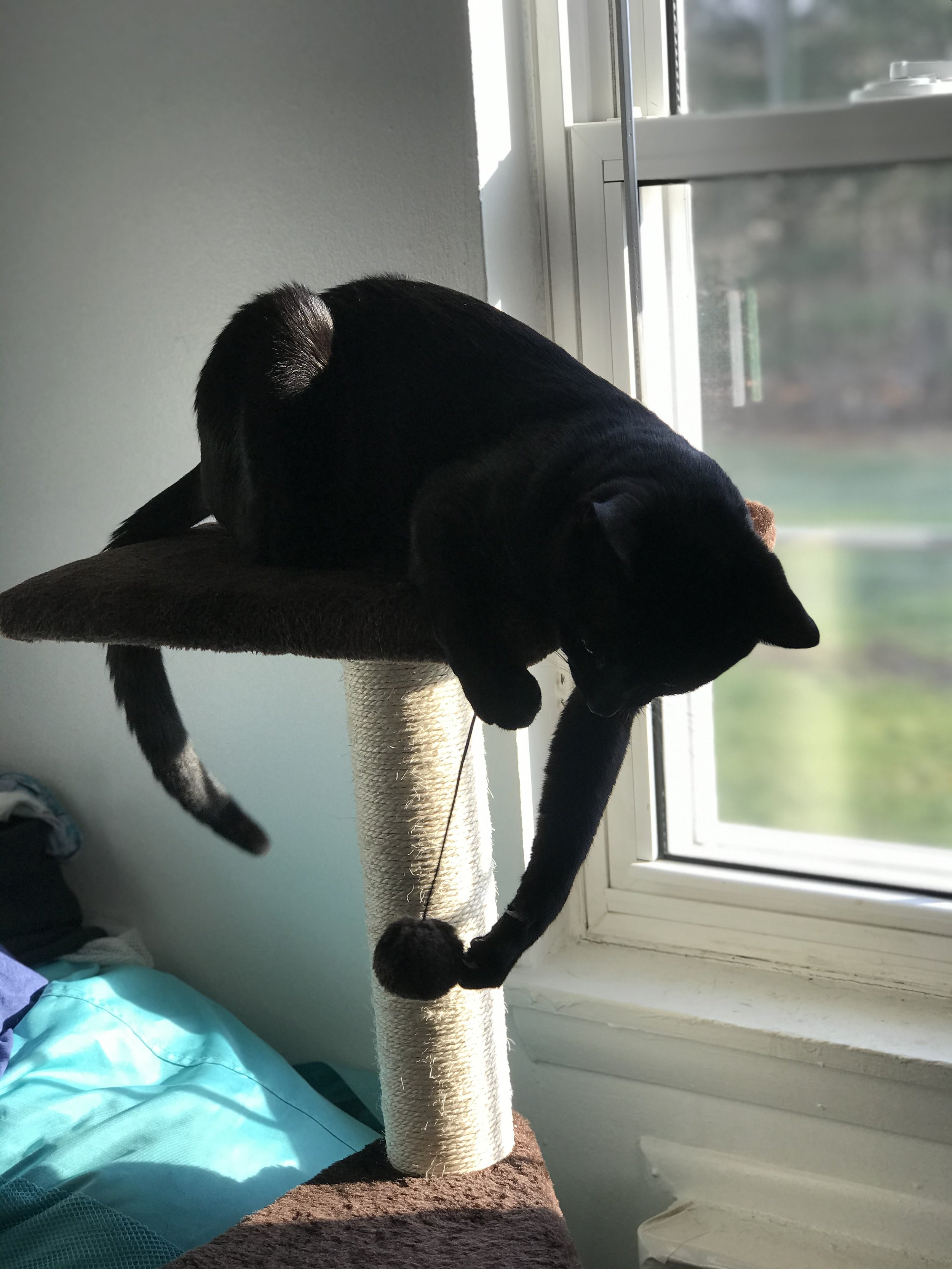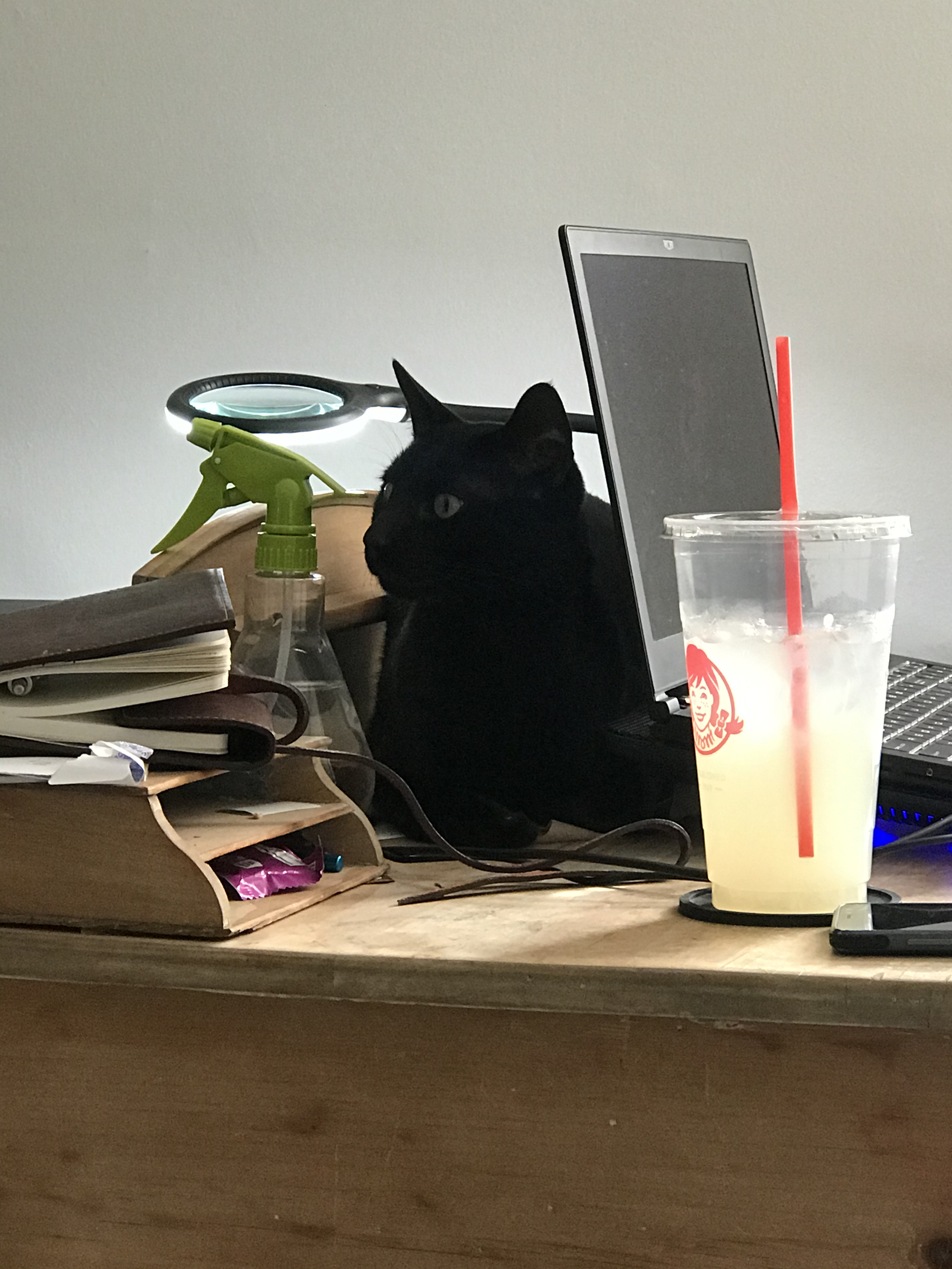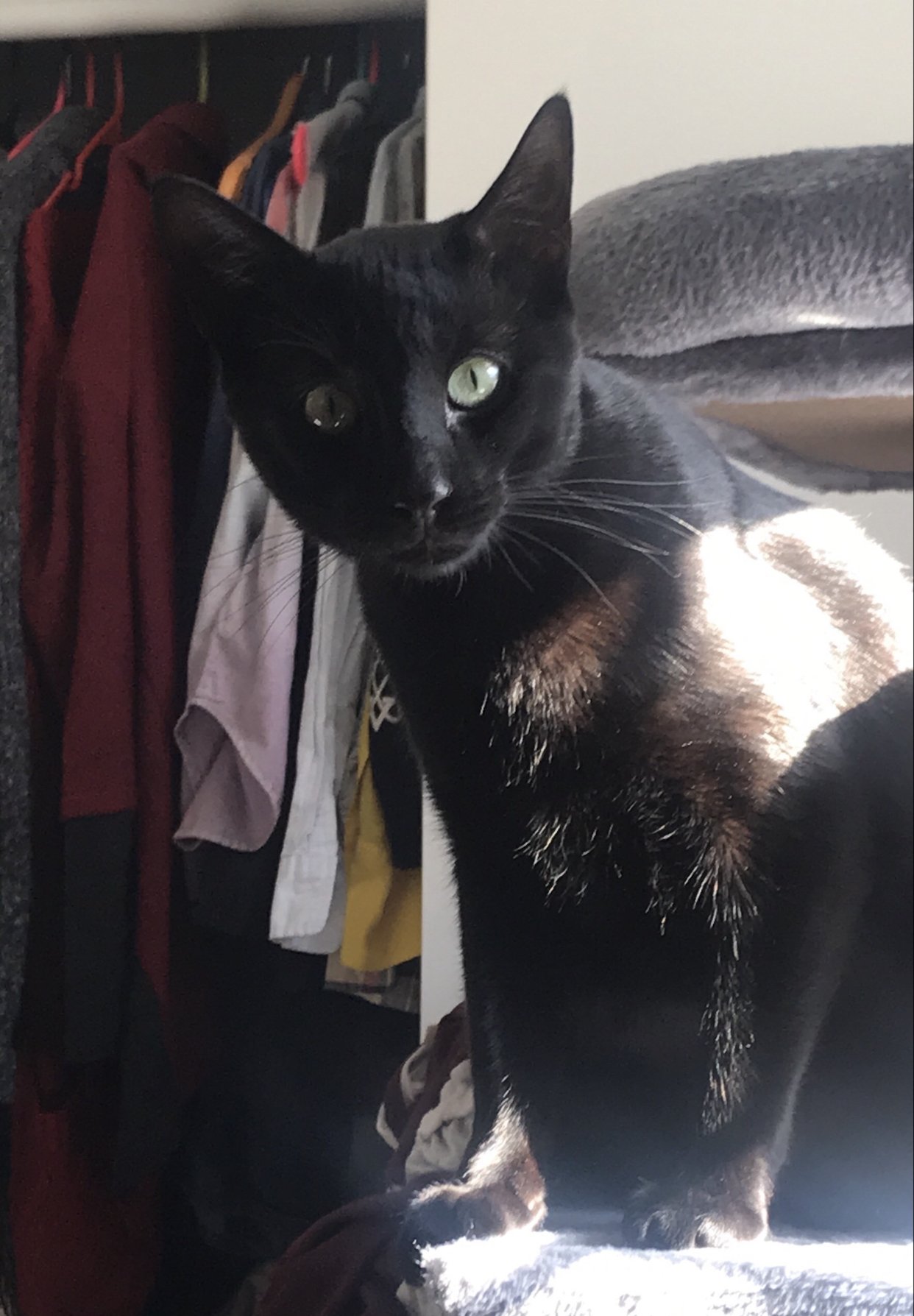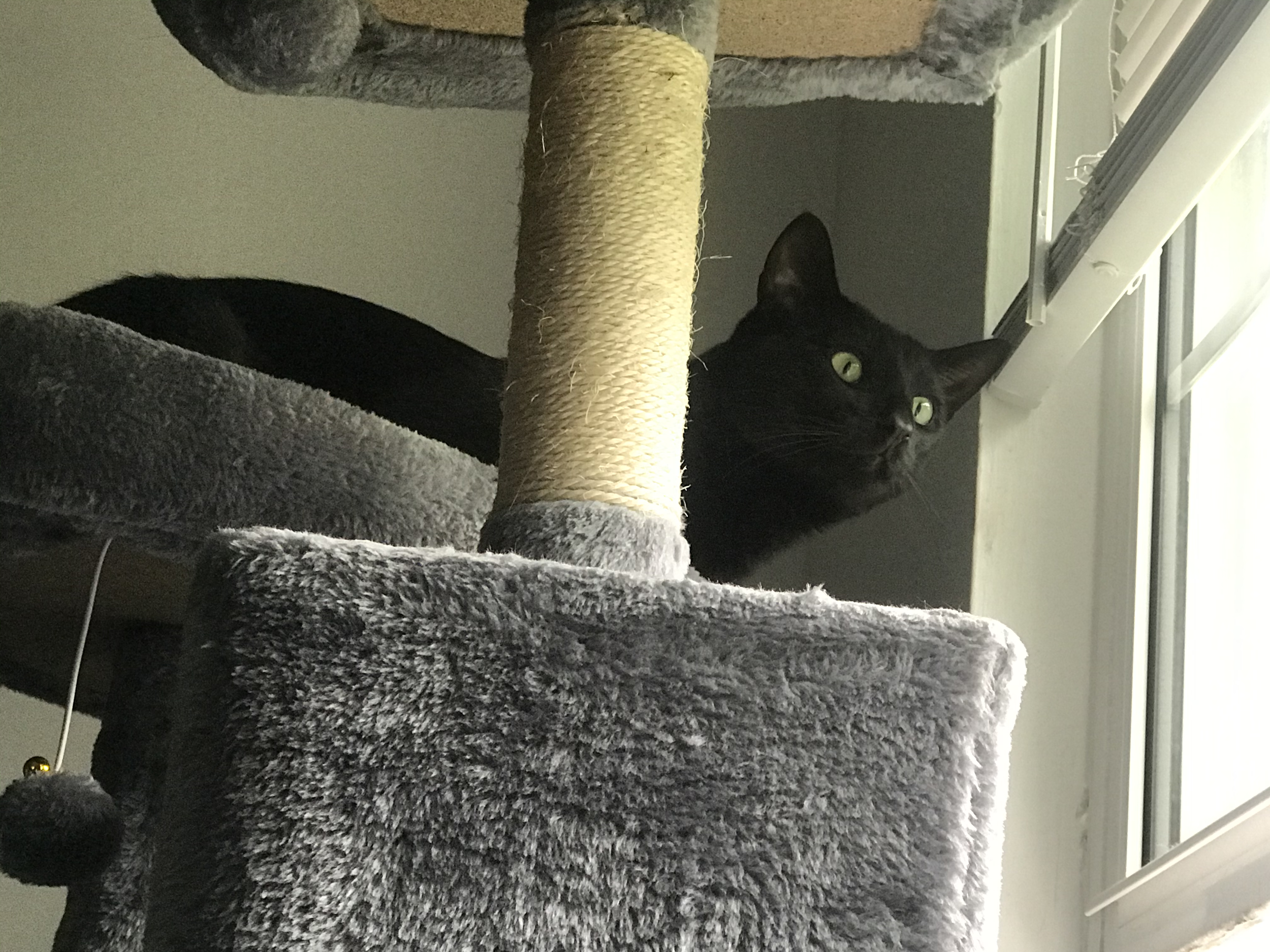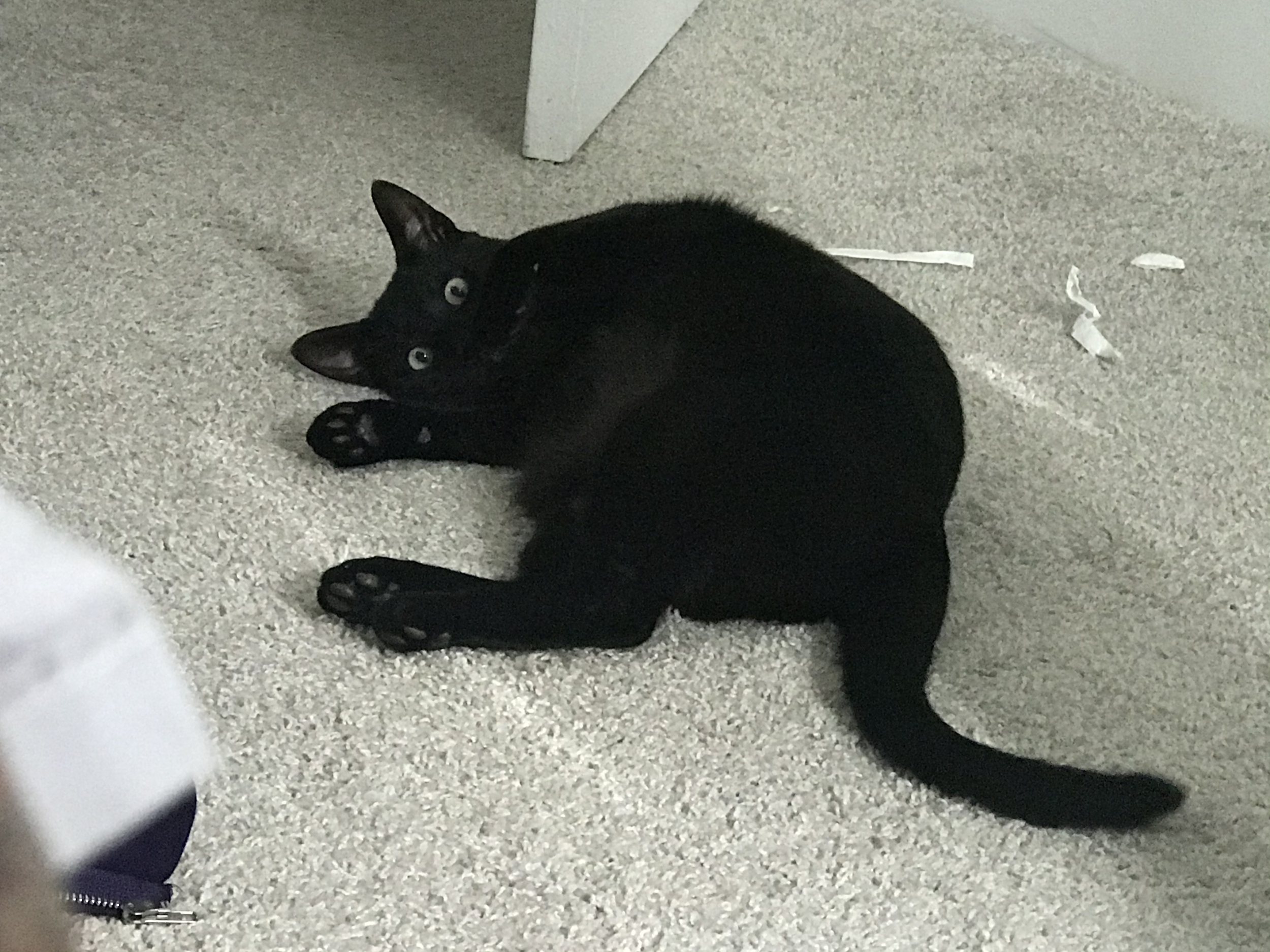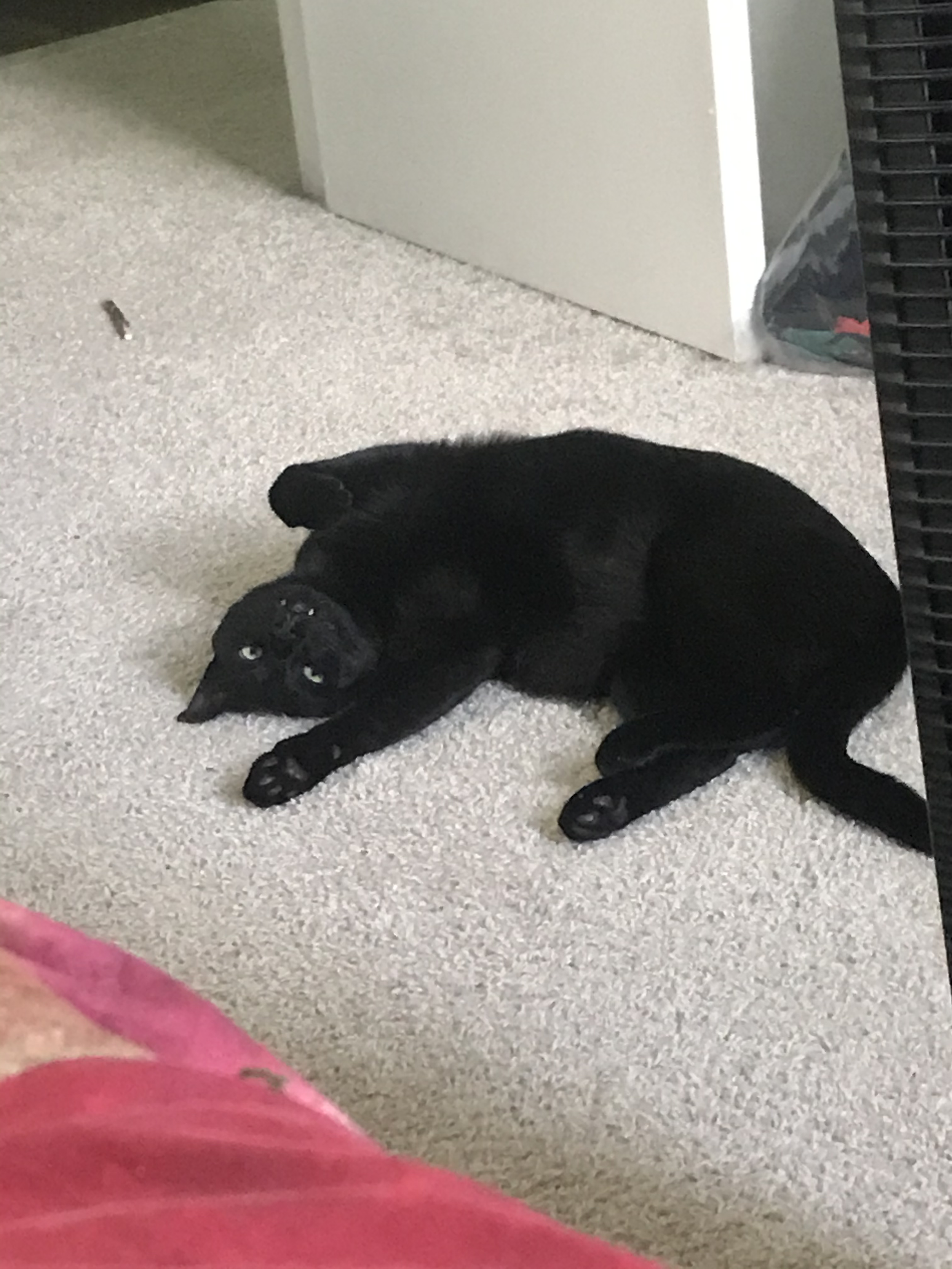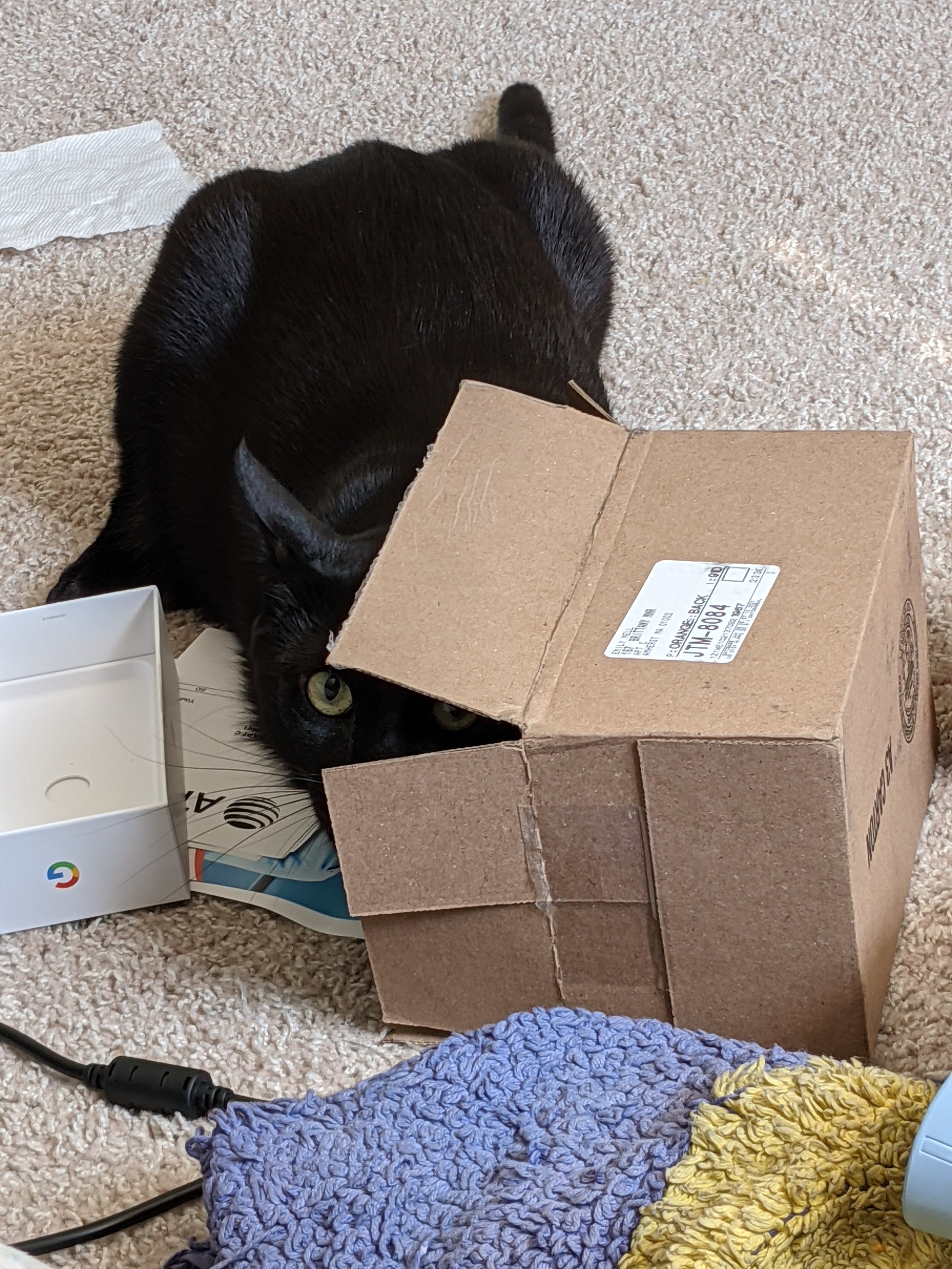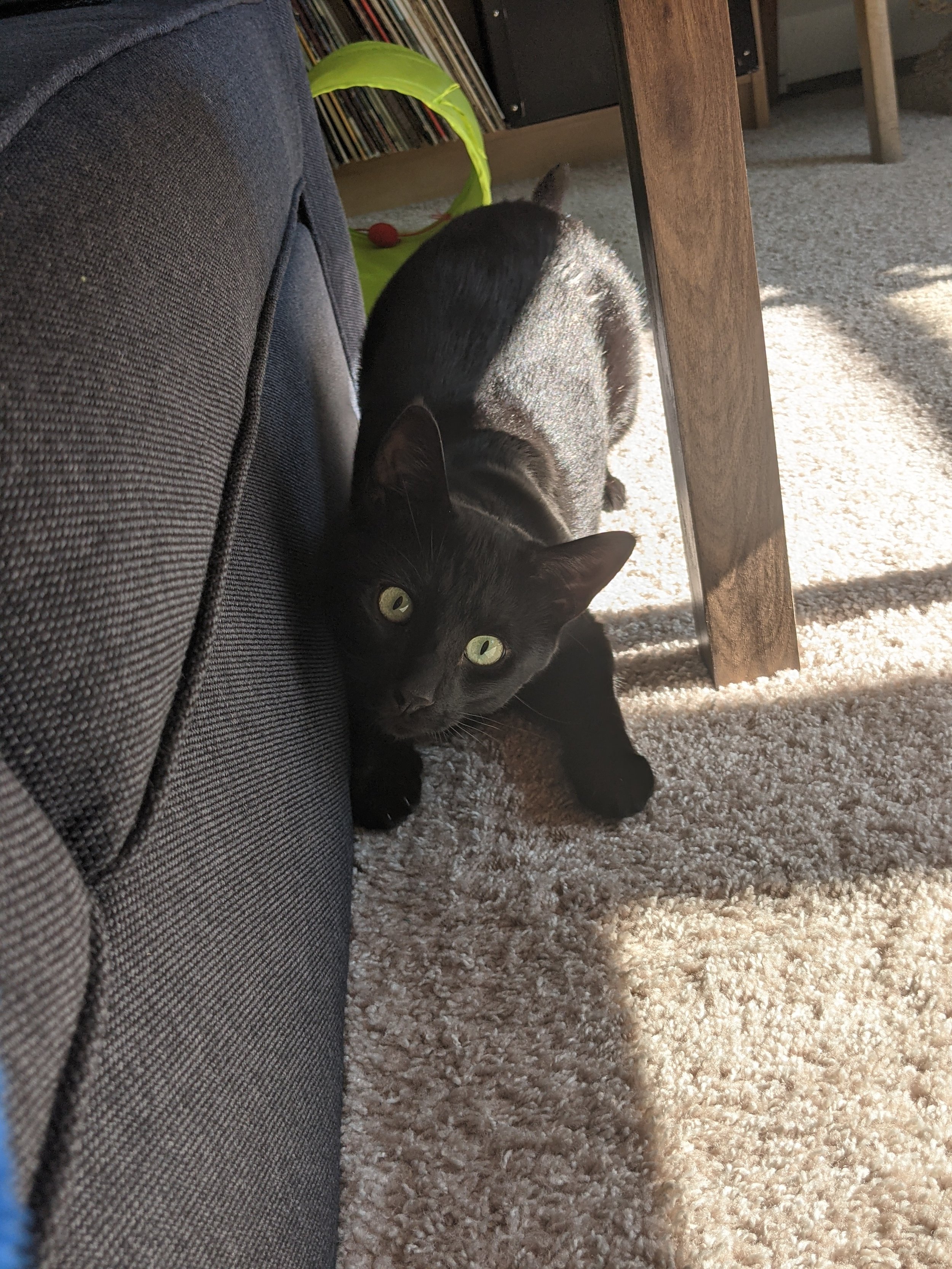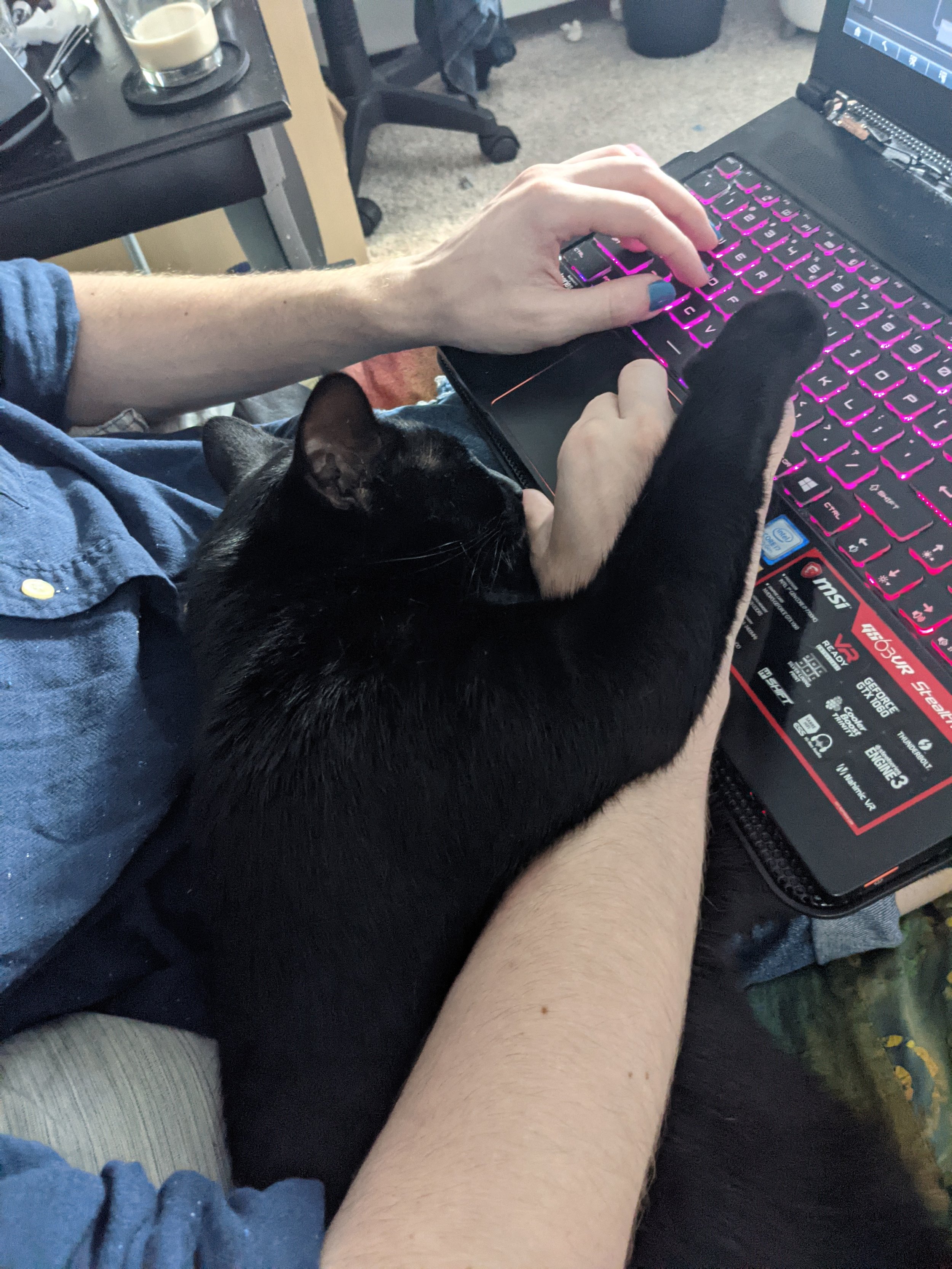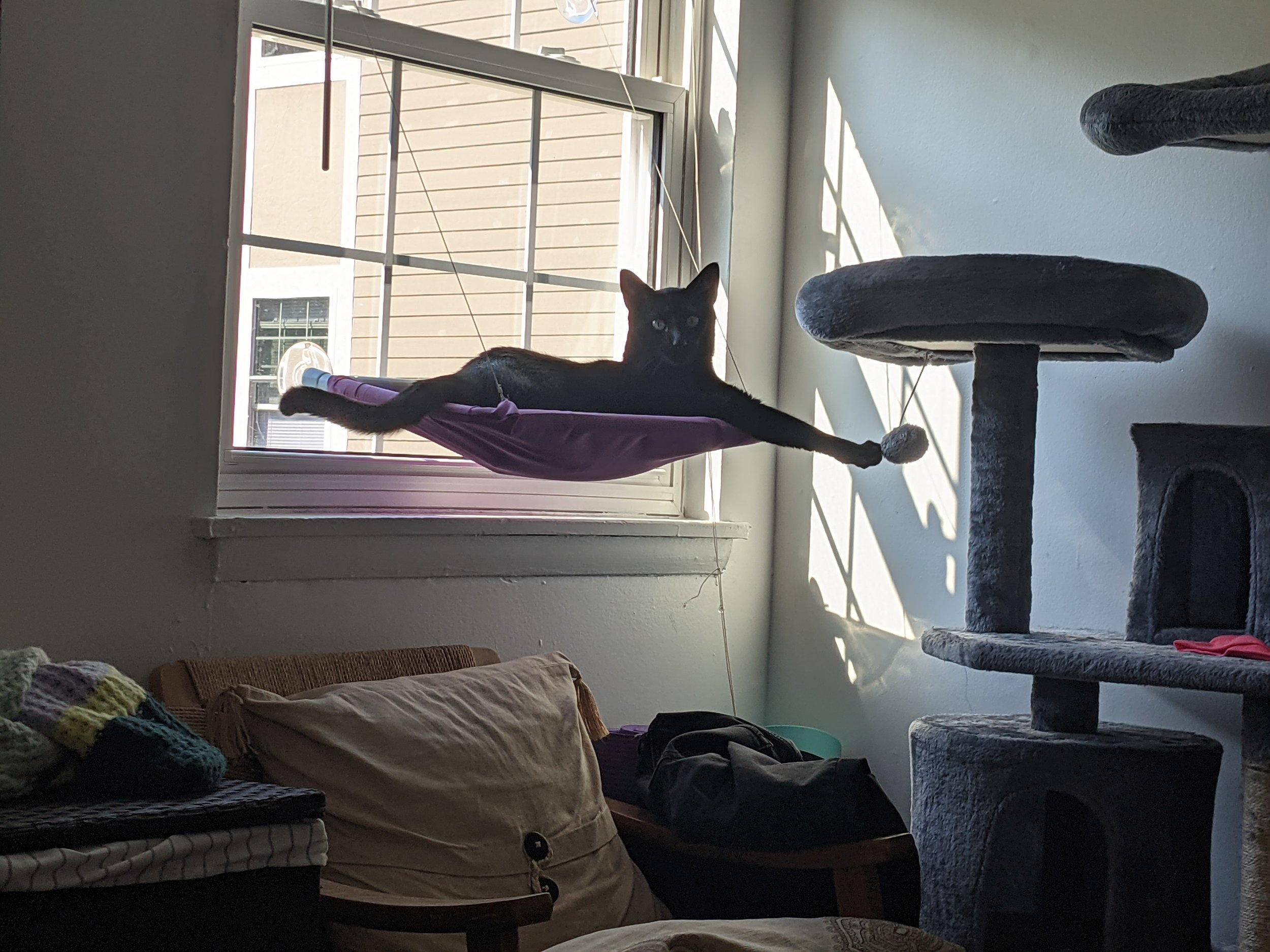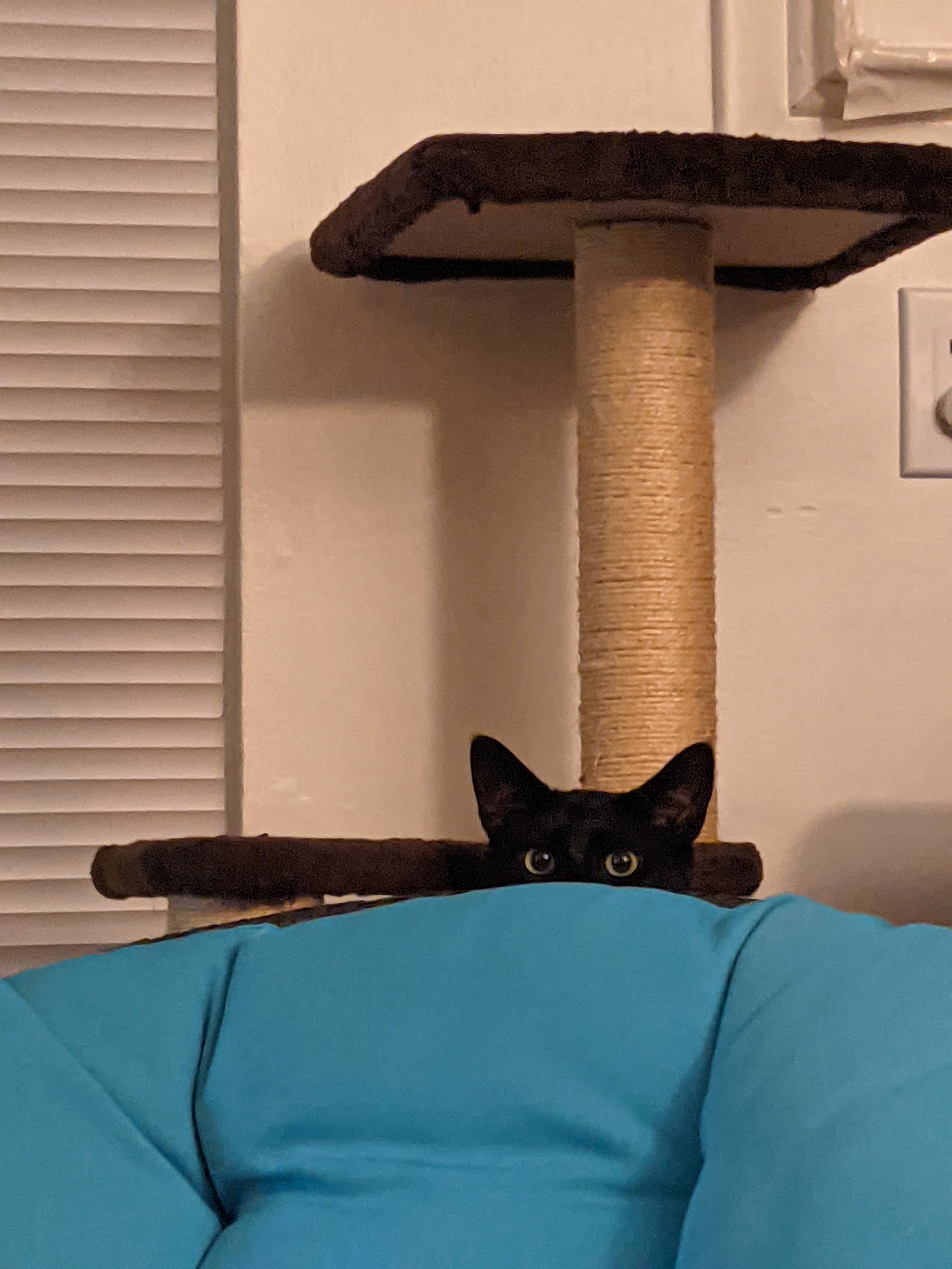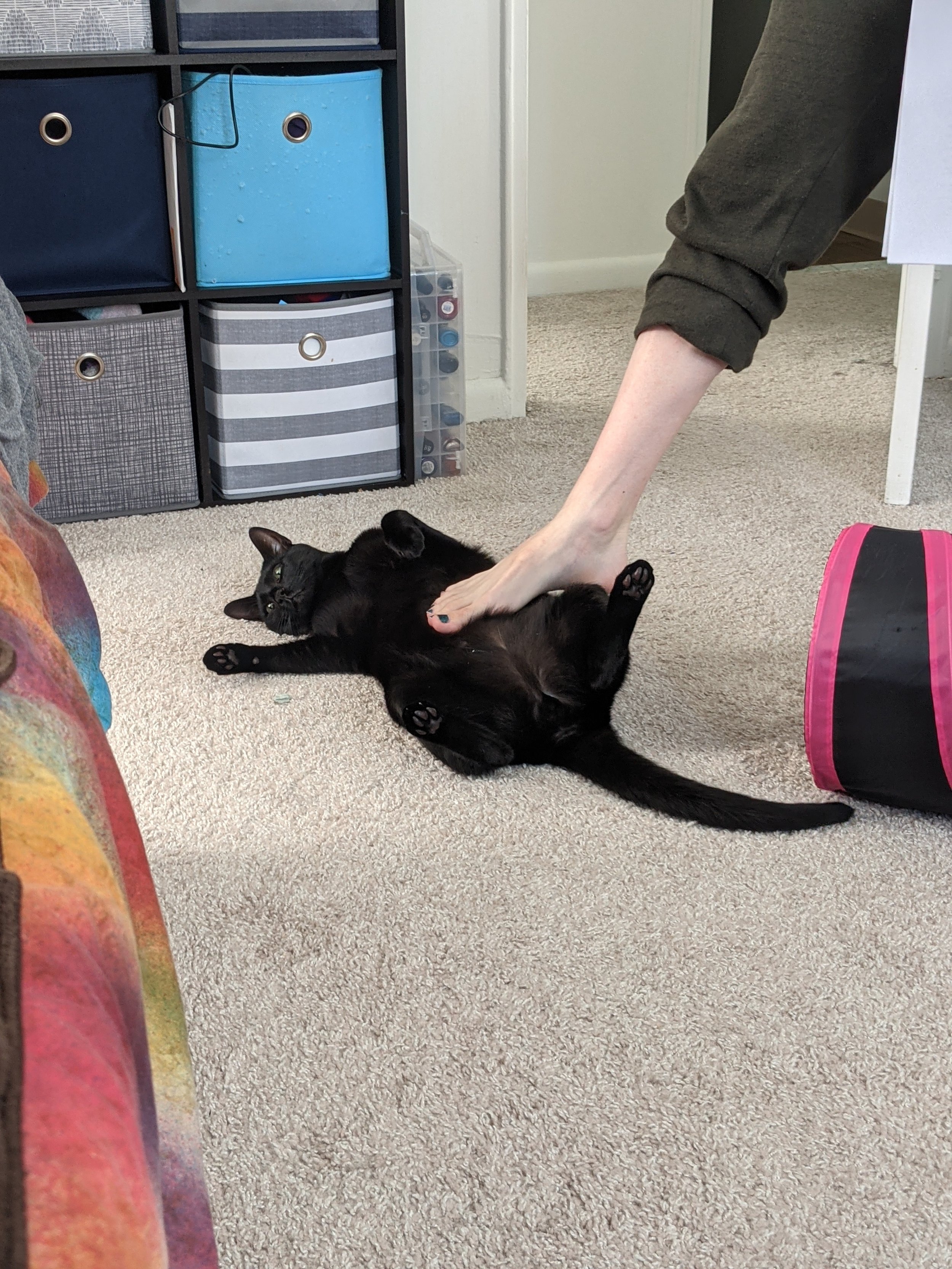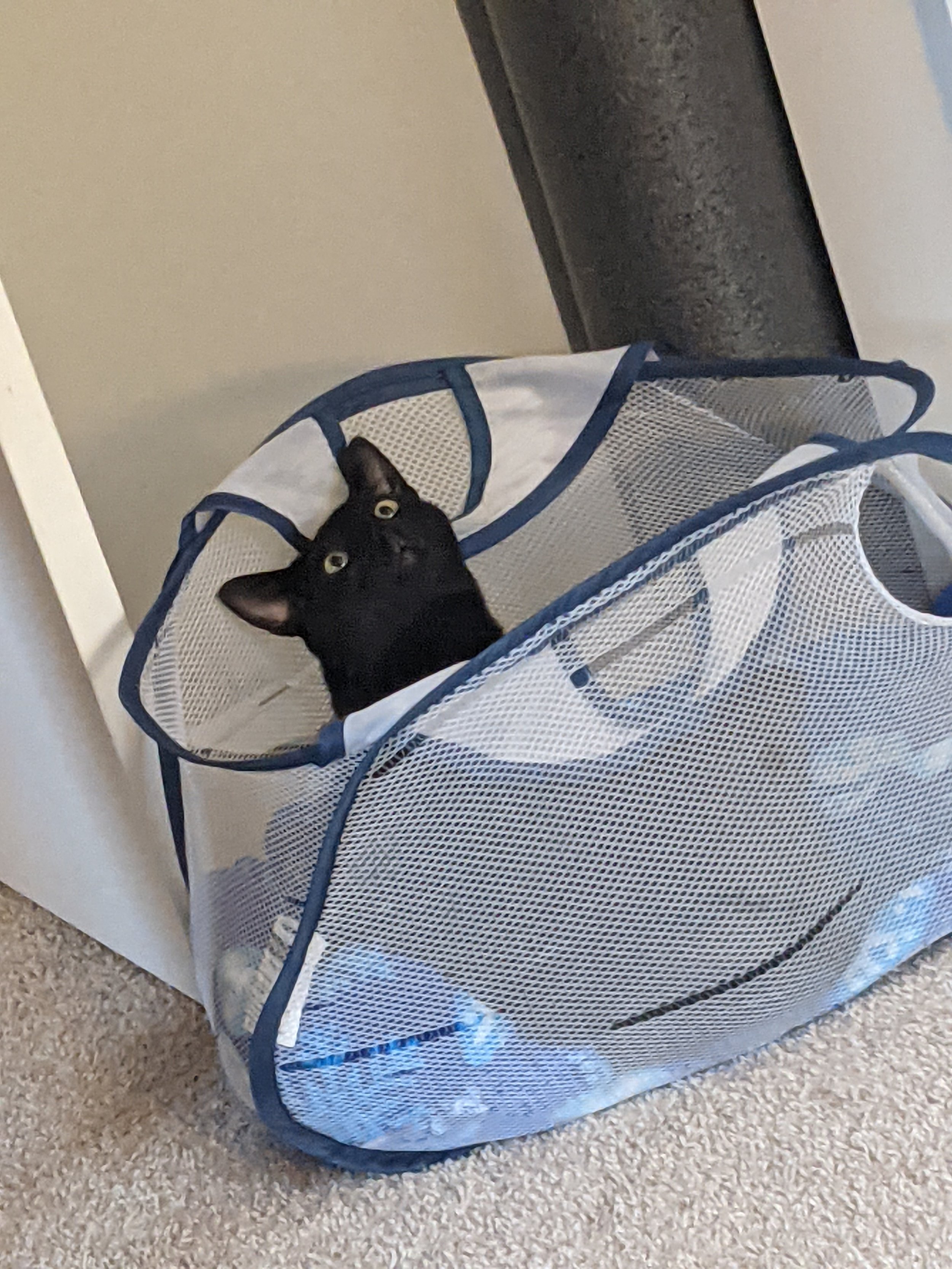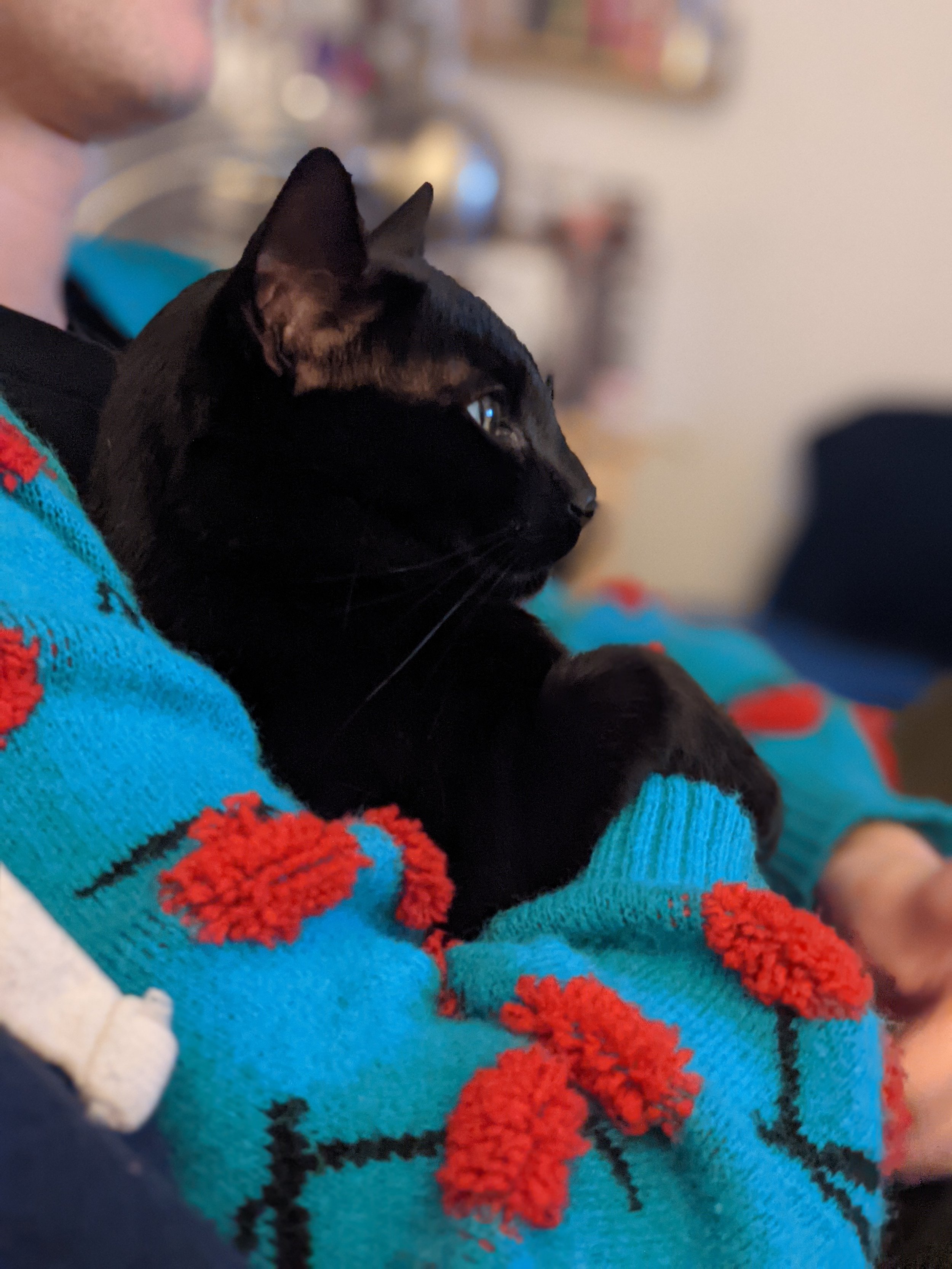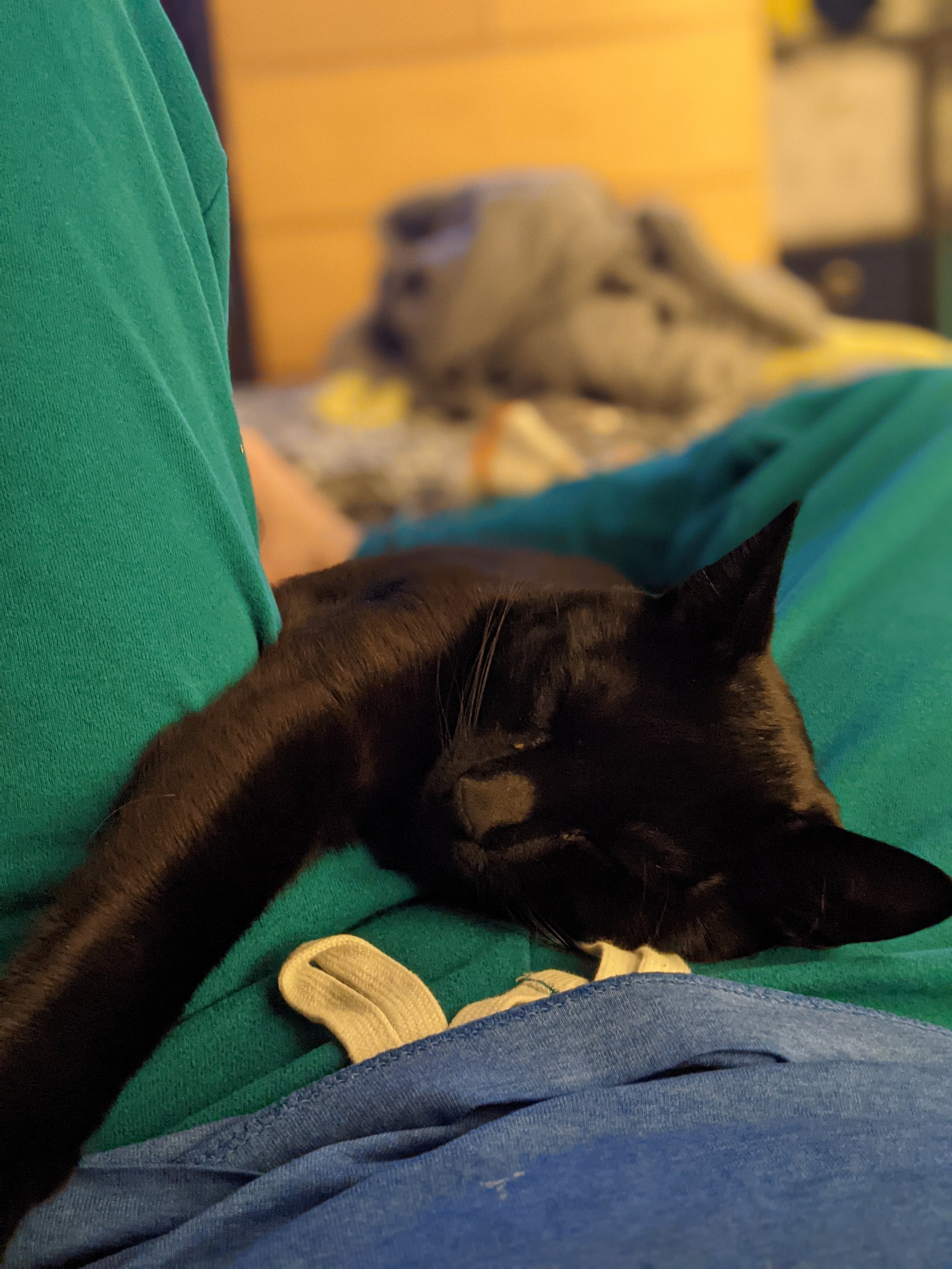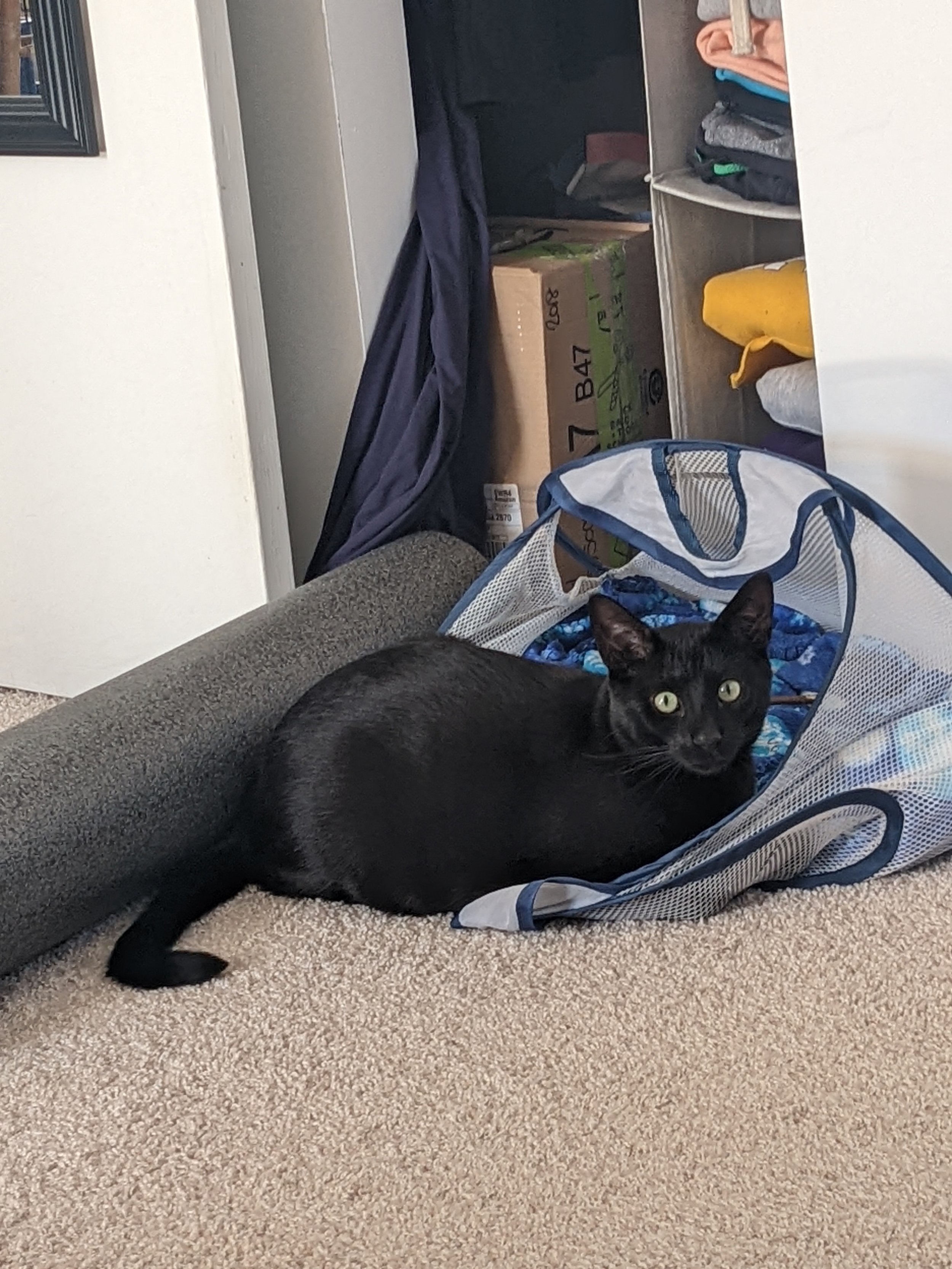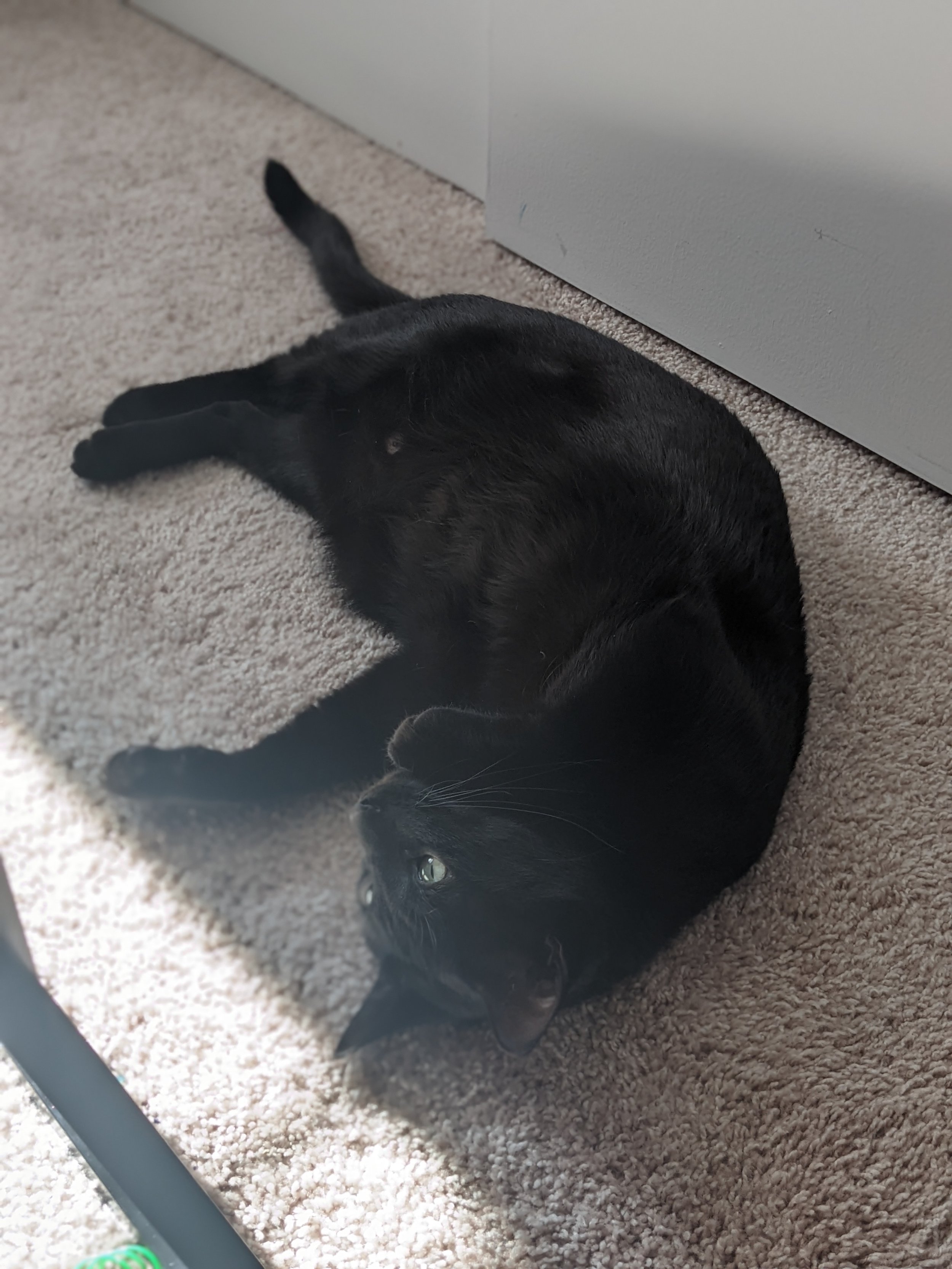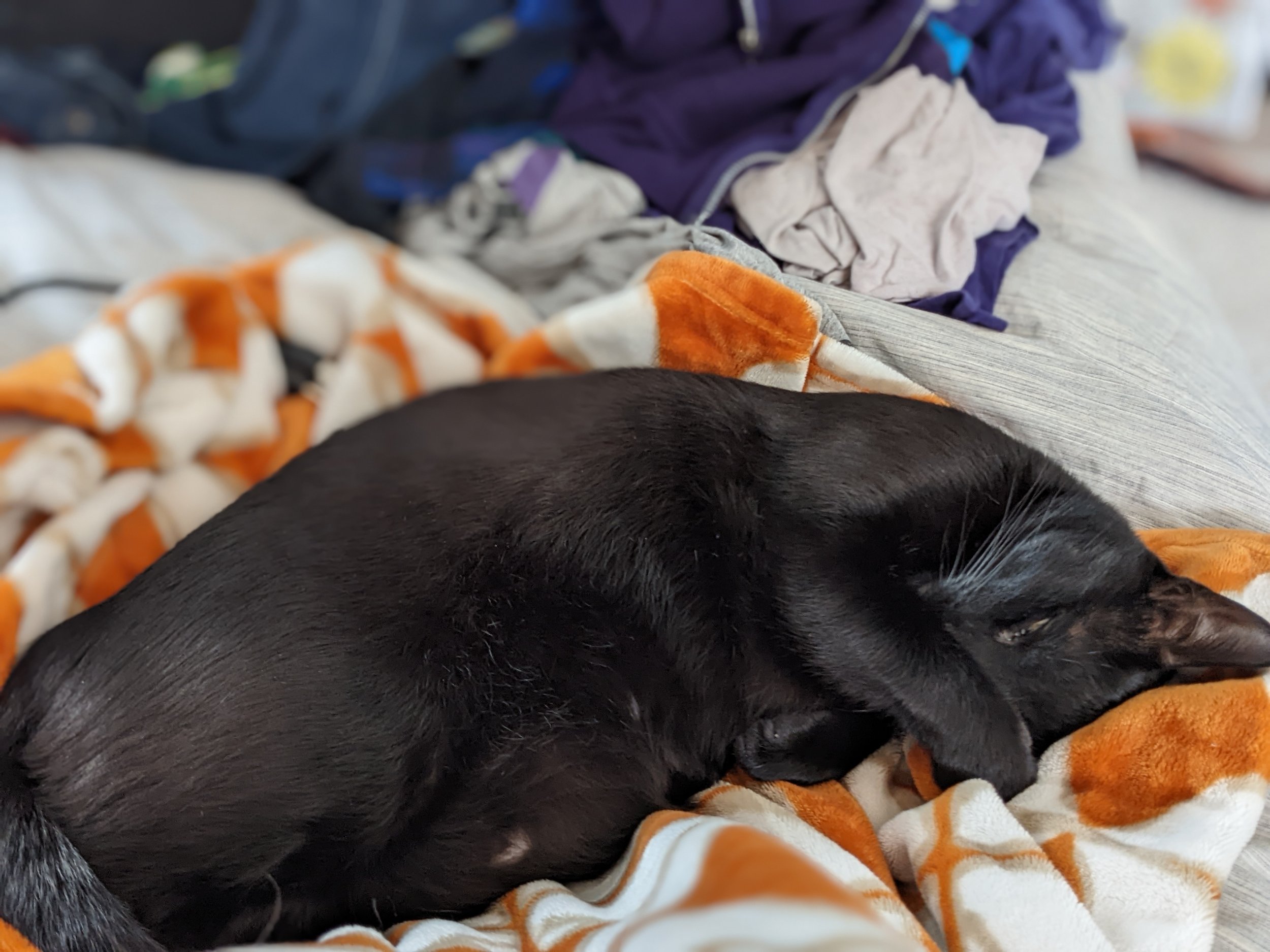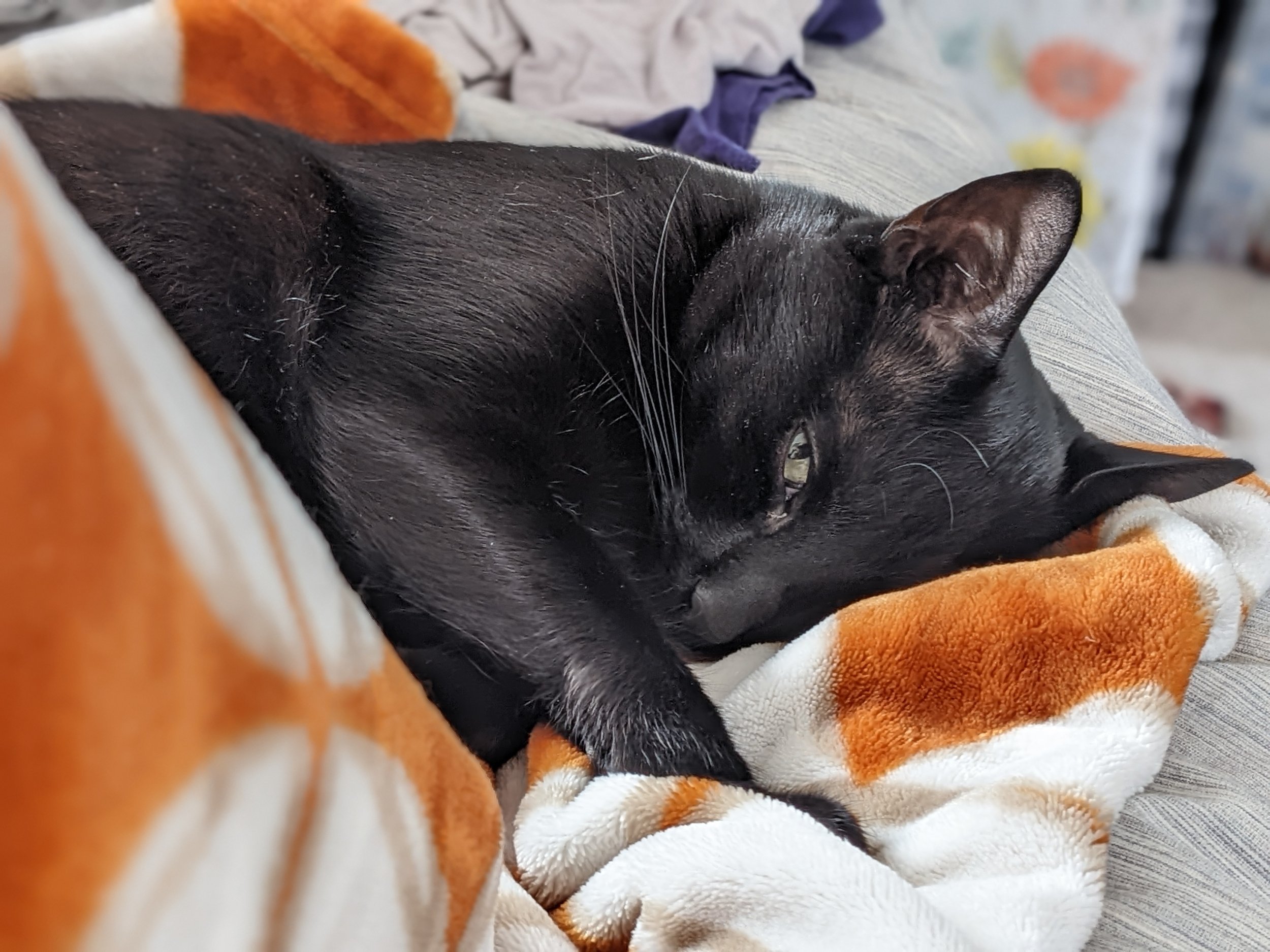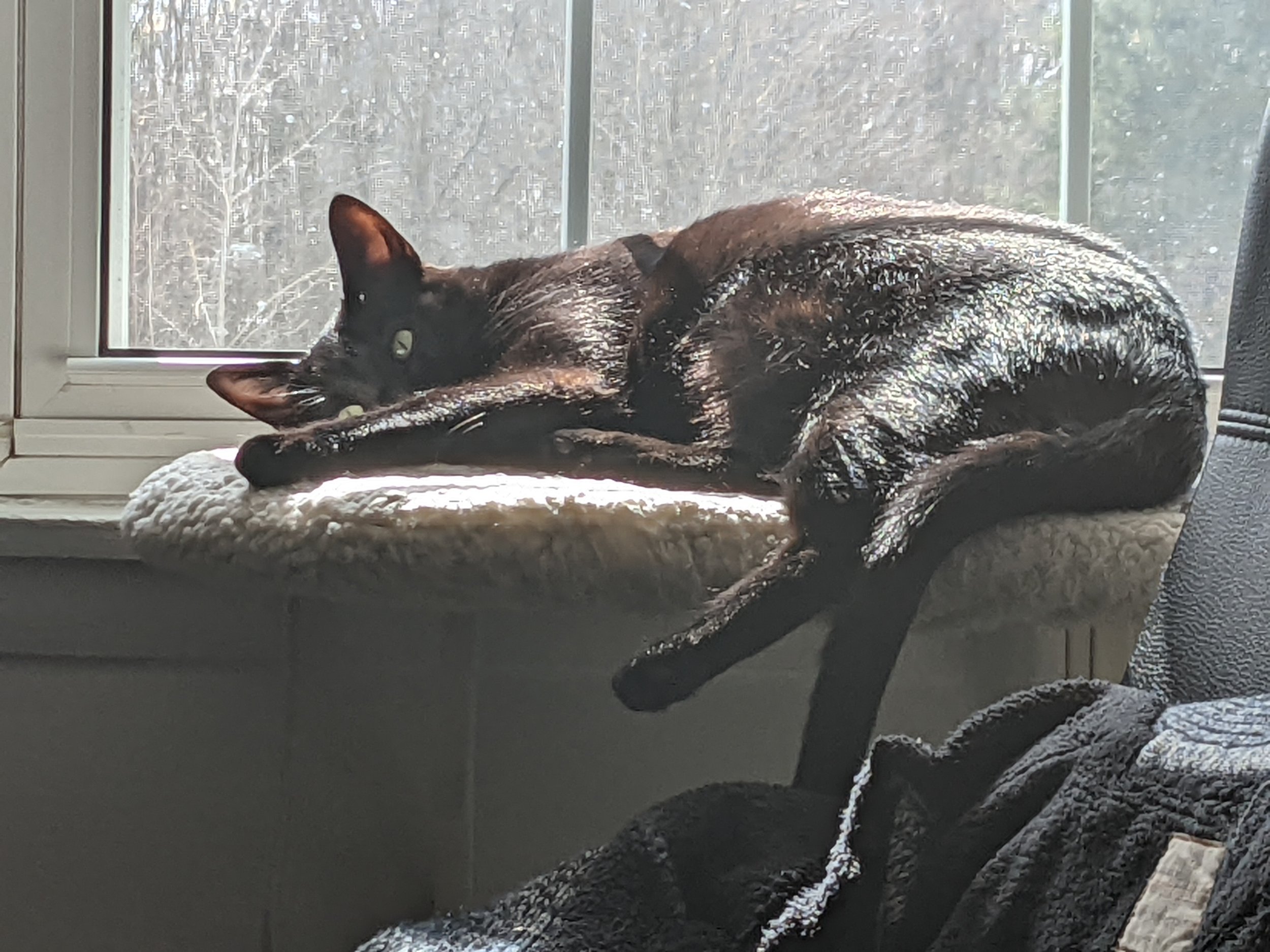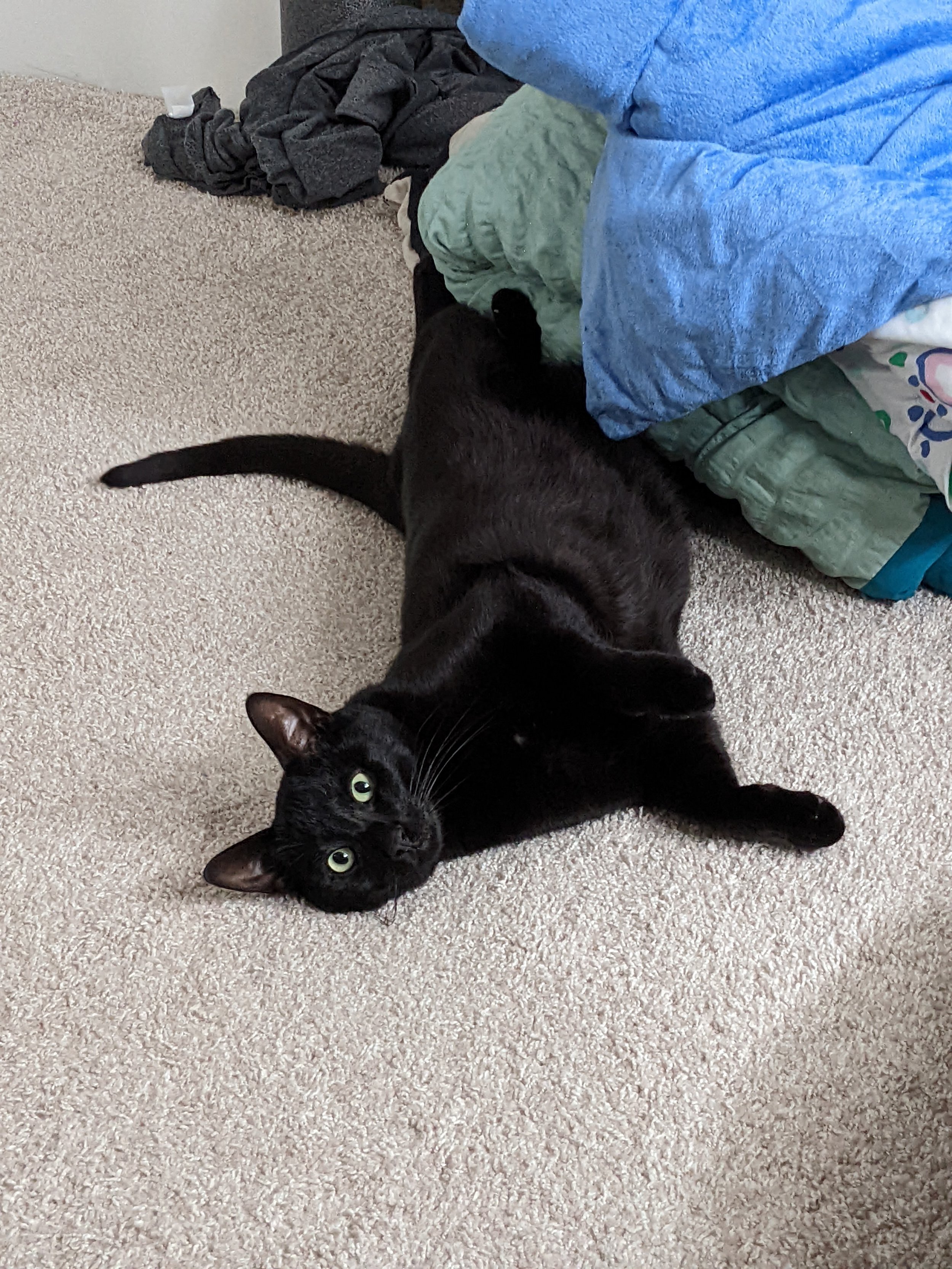Author’s note: Written Aug 3, 2016
A few months ago, I decided that, despite never having had any interest in Stephen King's material, he was an author whose work I should at least be marginally familiar with. Because I had no idea where to start (after all, the man is prolific), I turned to Facebook and asked my friends for "essential" reads, or his "best" work. I was overwhelmingly suggested his Dark Tower series, but I wasn't about to invest that much time or energy. Carrie it was.
I will say that within five pages, I was turned off in a very major way. I will say that by sixty pages in, I was already mad. And I am. It is a story of child abuse compounded by the emotional abuse of shitty peers, and it has made this girl spiteful, even hateful, and I cannot condemn her for it, because I understand it. Nonetheless, it makes my heart ache, and it makes a part of me absolutely fume.
This is, obviously, the point.
The story itself is cut through with journalistic exposition, some of it in the form of news stories, some in the form of 'witness' interviews, and some in scientific journalese. The idea is to circle this situation from a present, developing view, and a said-and-done retrospection from significantly outside the situation.
I read the bulk of this book on the plane returning to Boston from my brief vacation home, across the aisle from a preacher reading his Bible, which I found... amusingly ironic? Coincidental, really, but nonetheless. The truth is that I already knew the gist of the book's climax because there've been two movies and knowing was inescapable, but even so I was just numb to it. I was numb to the entire rest of the book.
Frankly, I didn't enjoy Carrie. I don't know if I ever could have enjoyed Carrie. Even at my most vindictive when I was younger and the brutality of my own social trauma was fresher in my mind, I couldn't have enjoyed any part of this. I'm still not convinced that the novel is designed to be "enjoyed" at all, but I'm left hoping nobody does. It is worth reading, I think, because it is innovative in its approach, and King's prose here is interesting and fluid. It is worth reading because it thrusts upon you the result of a life of seemingly small abuses, even if it is in a science-fictiony kind of way. Even so, I have no idea how to quantify a rating for the title in the terms of stars. Three seems insufficient, but four or five imply something I'm not convinced I want to imply.
So here's what I think:
I think that King's method of storytelling is at once fluid and disruptive. I think that it is well-structured and intriguing, and I appreciated the way that he wove thoughts into the structure by interrupting sentences with parenthetical phrases all in lower-case.
I simultaneously think that the semi random, and increasingly common over time, inclusion of journalistic material, interviews, etc. is really disruptive and can make it moderately difficult to keep track of what's actively going on. Furthermore, the perpetual flipping of perspective can make it difficult to keep track of characters if one comes in unprepared.
The book reads like King was expecting a movie deal out of it. He obviously got it, but what I mean is that, especially with the inclusion of all the exterior material—the article pieces, excerpts from books written by others, the Q&A's from court proceedings, etc—placed as it is, and the perspective swapping, and the fact that the entire book remains relatively "surface" (that is to say, not at any point overly analytical or introspective in a way that would be impossible to capture on a screen), it reads like it's prepped for transition into a screenplay. This isn't necessarily a negative, but I'm not willing to call it a positive, either.
As it stands, I'm uncomfortable about this book and I can't take up any really firm positions about it. I respect it, but I don't know that I "like" it. Nevertheless, I will maintain that it was worth my time and effort, and I would recommend reading it, if only for the cultural relevance of it.



